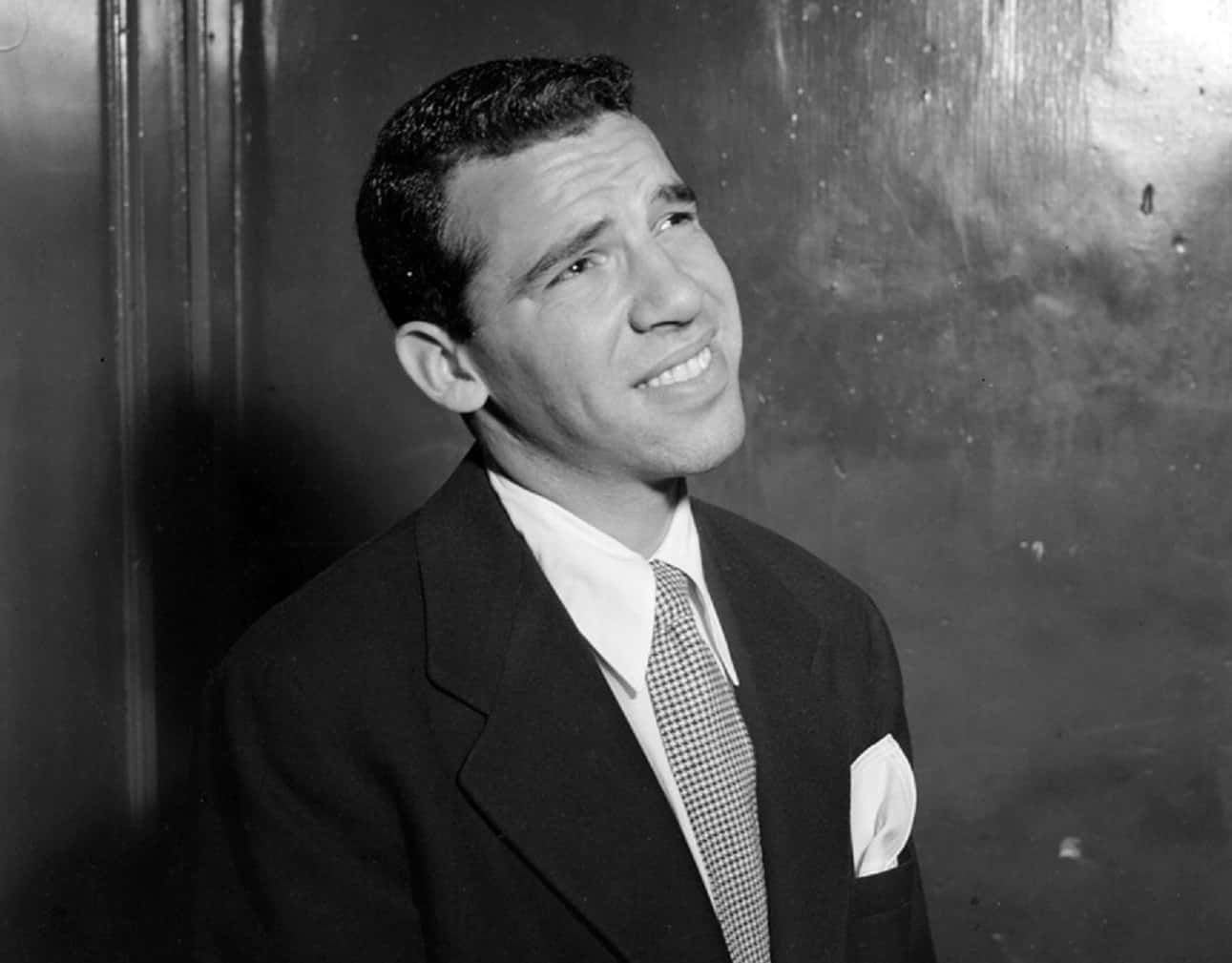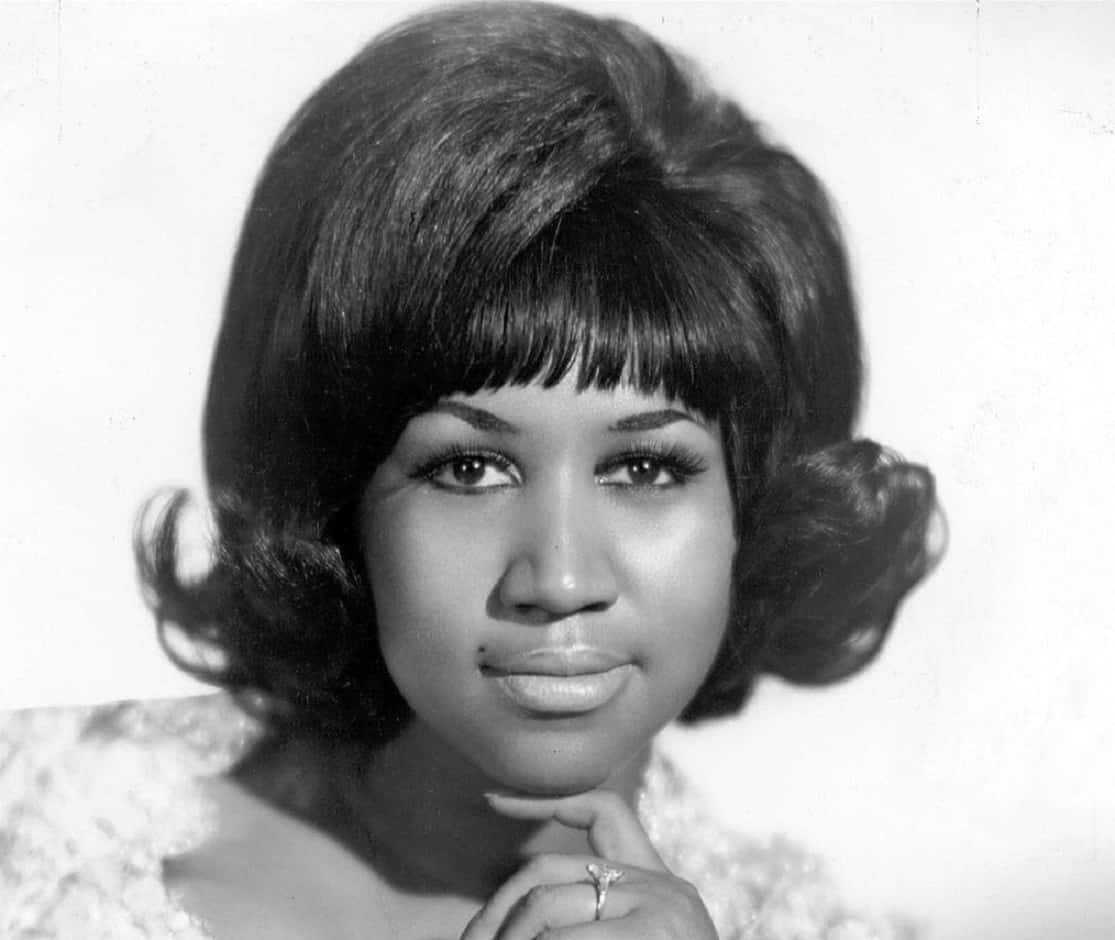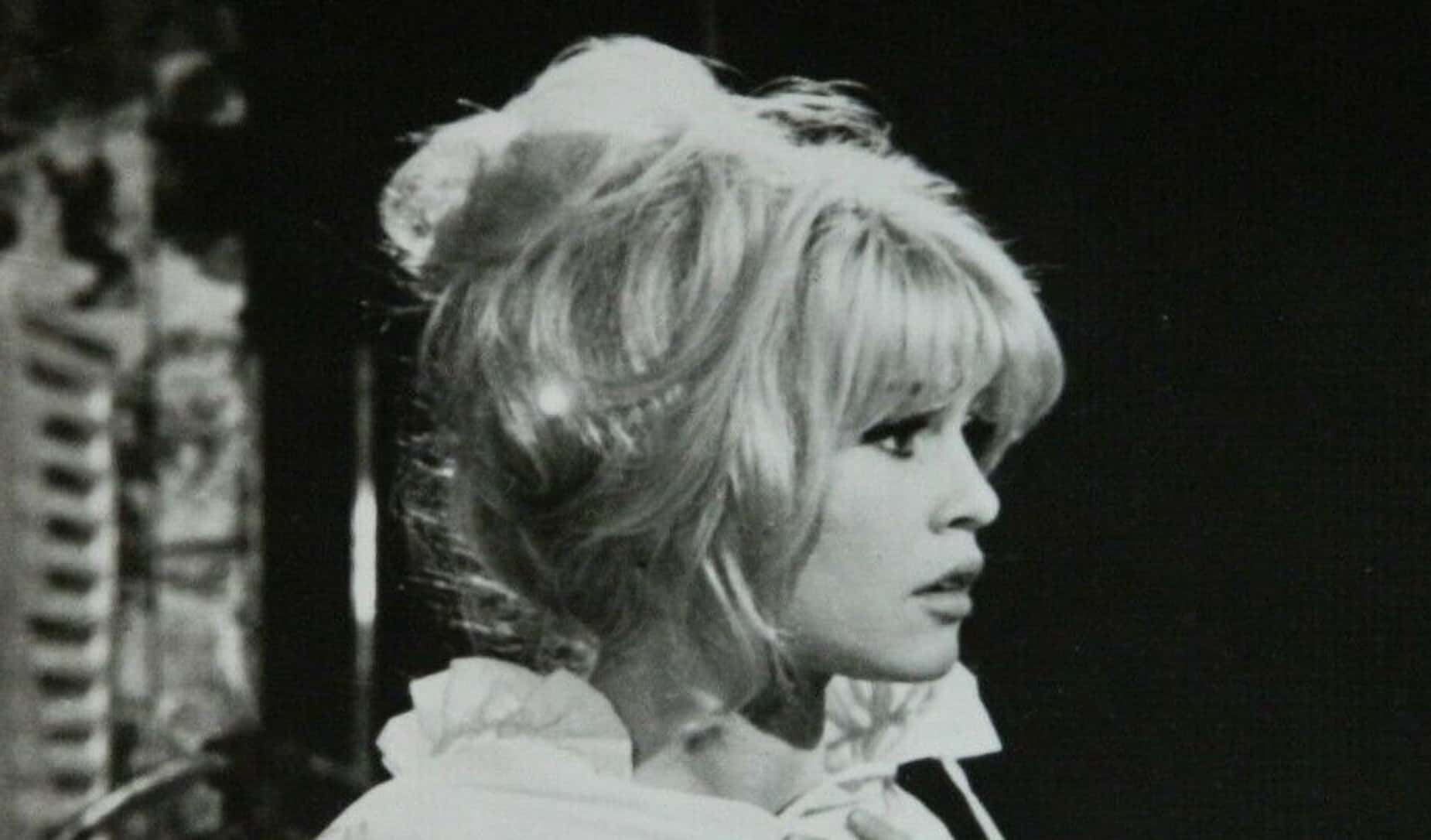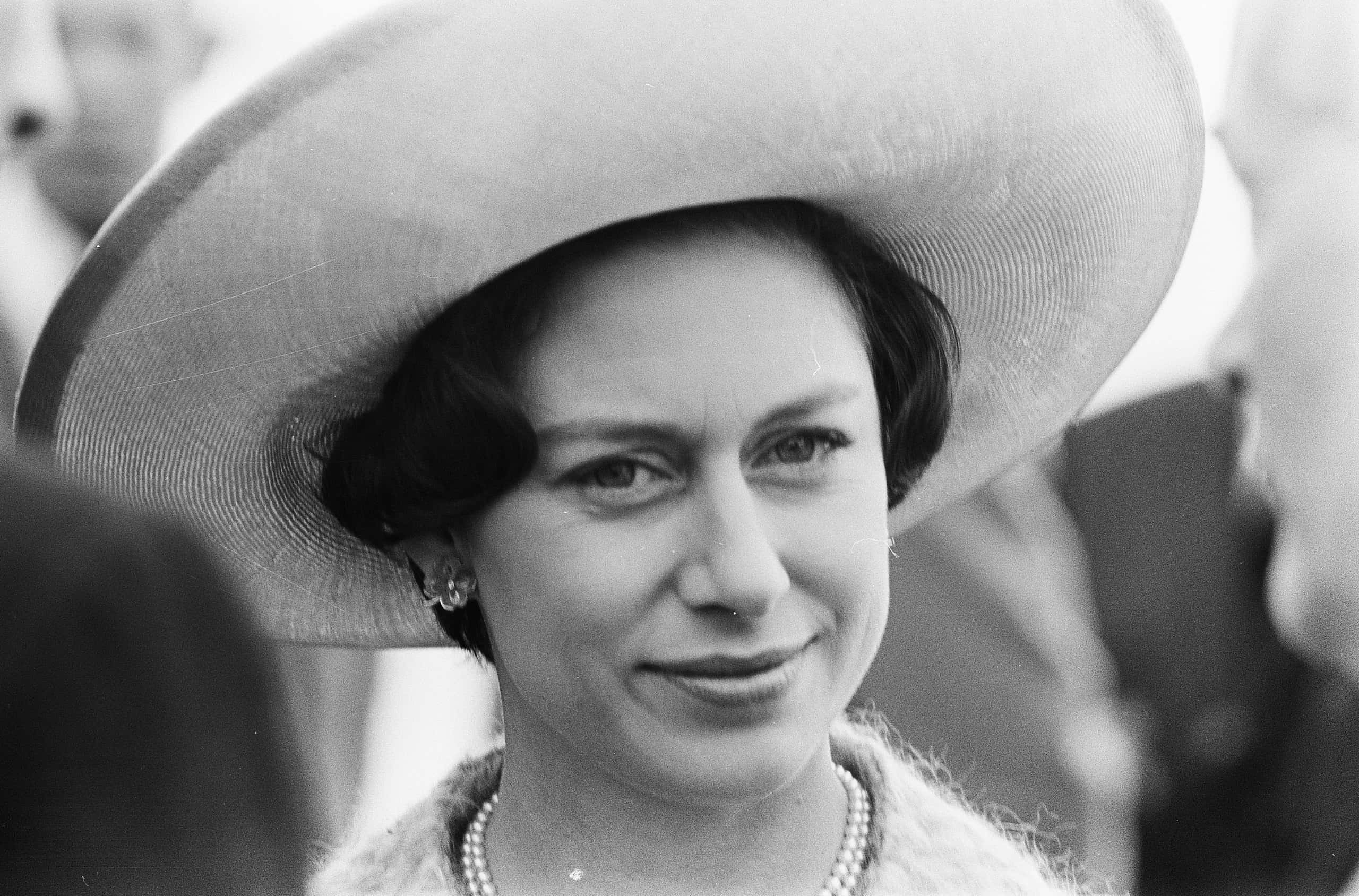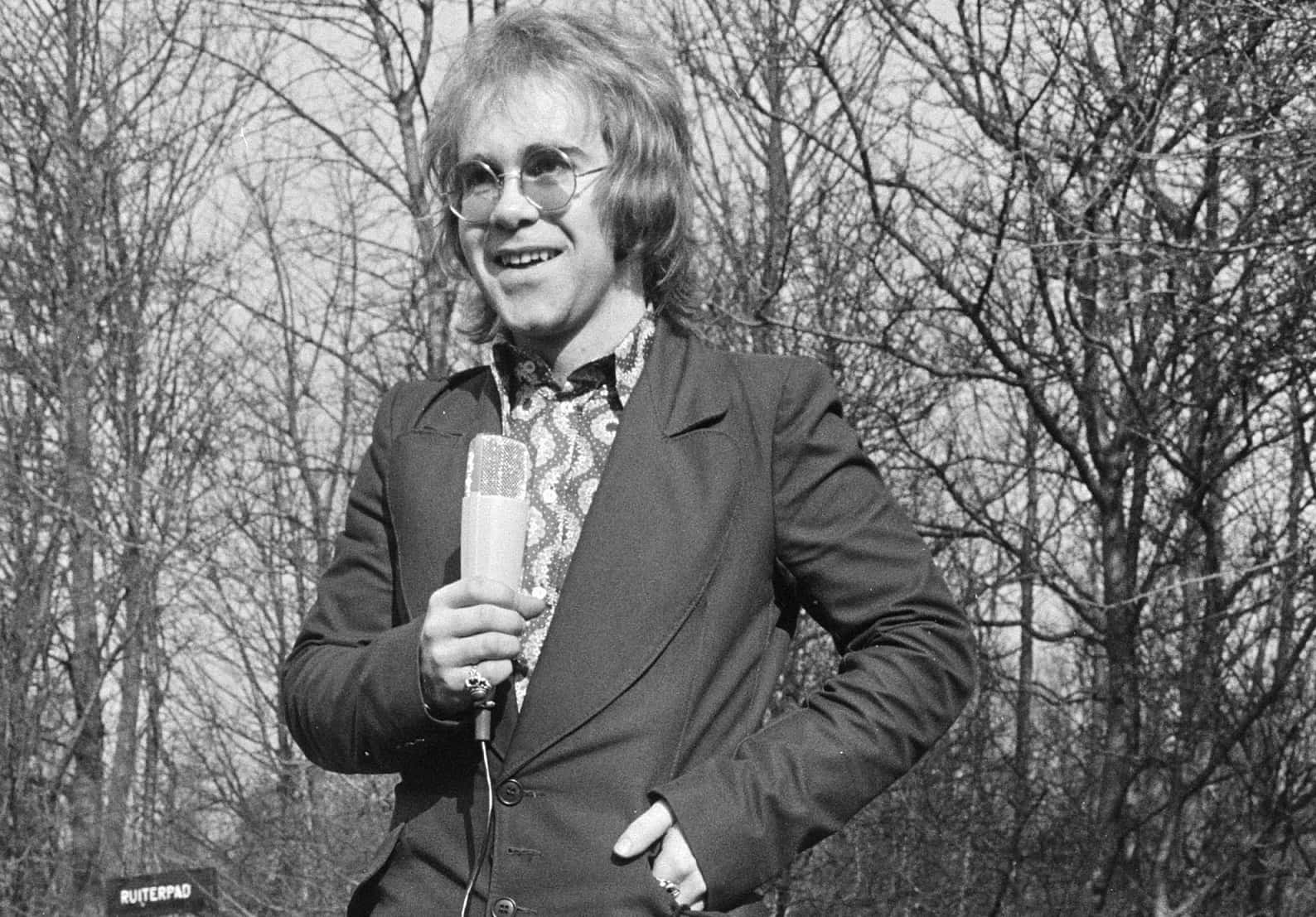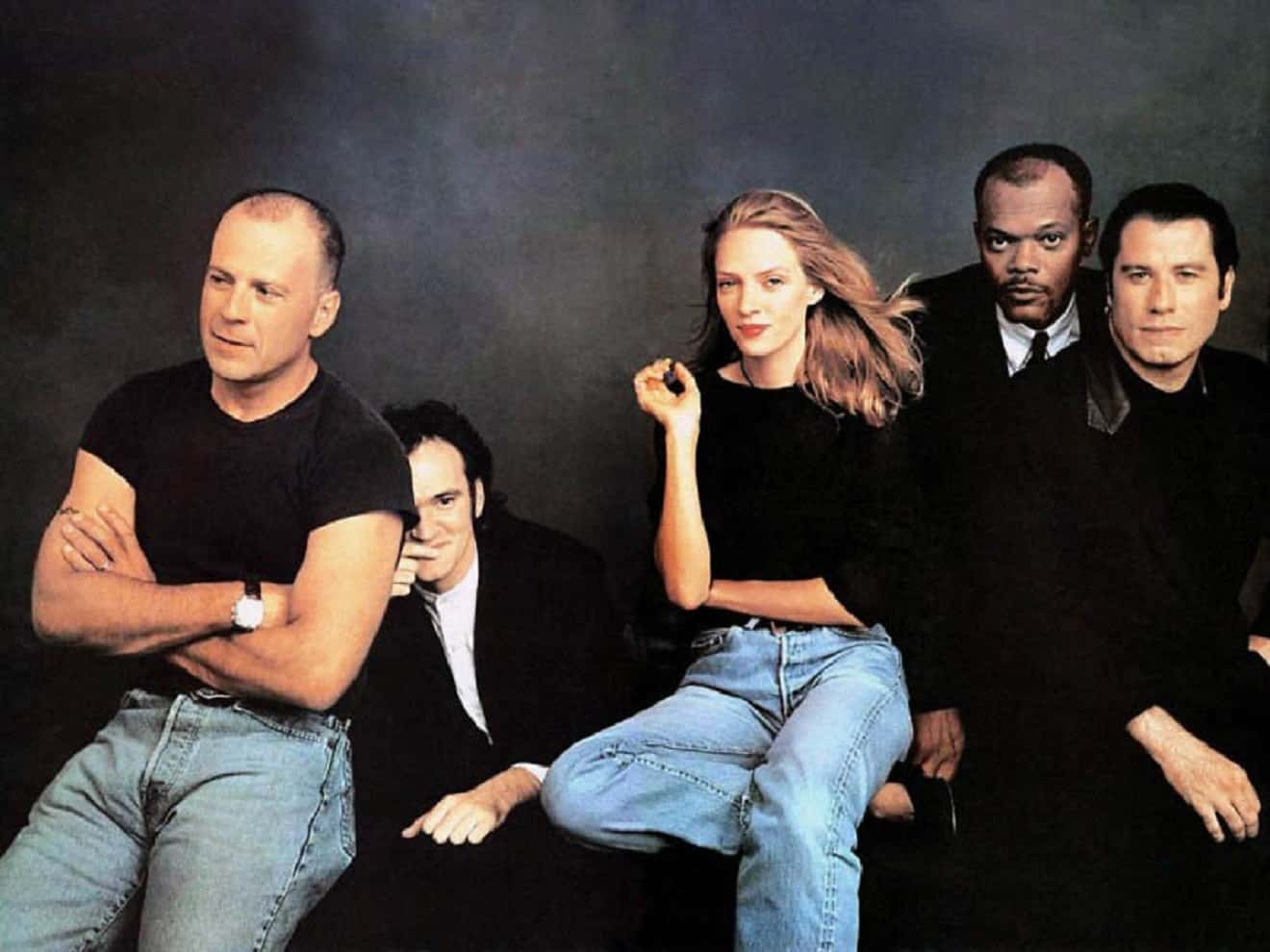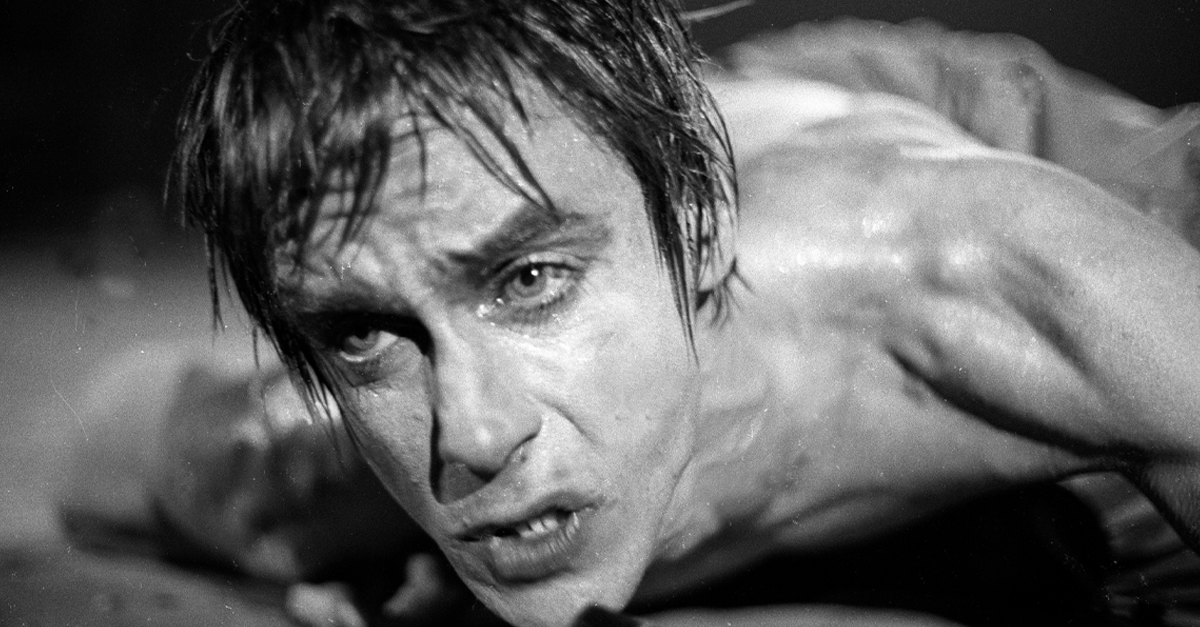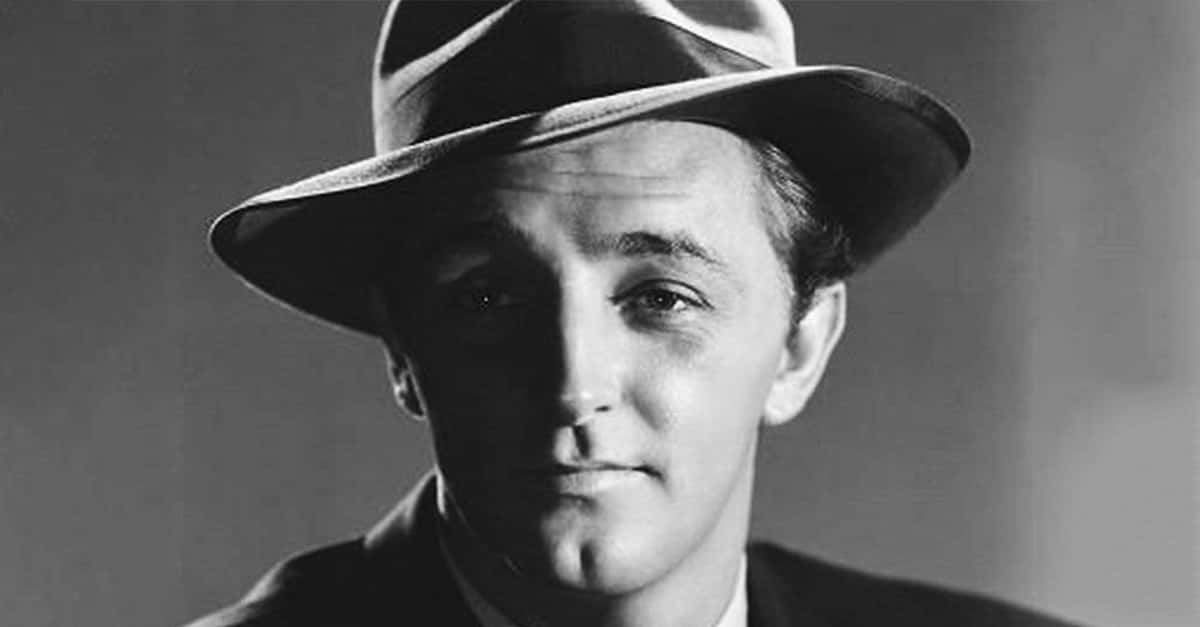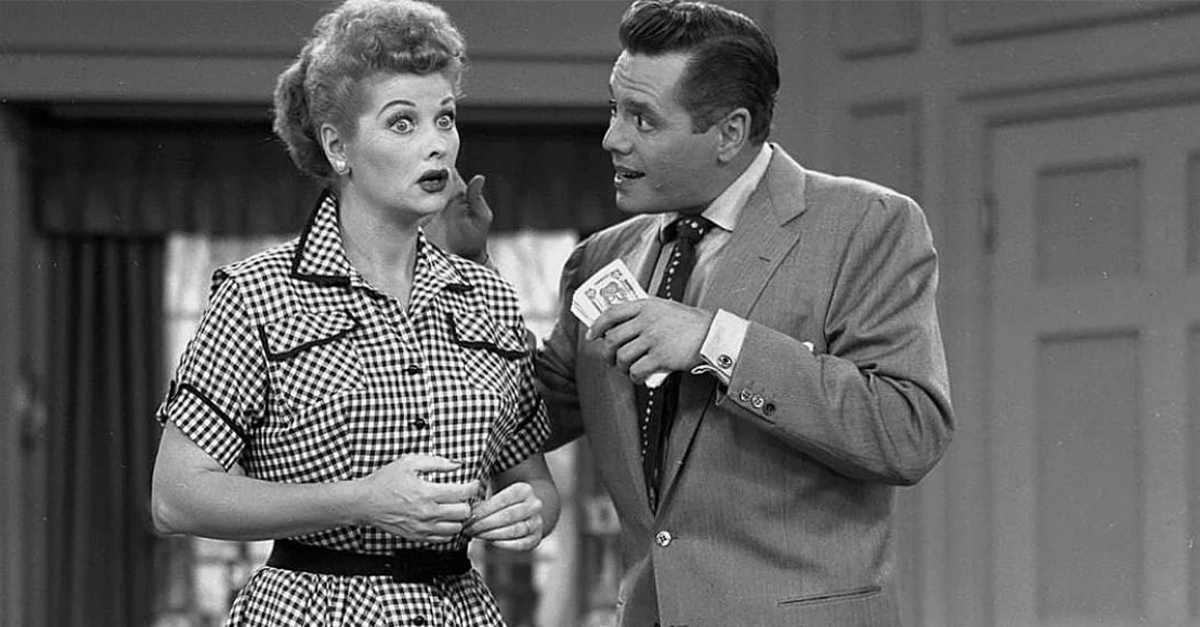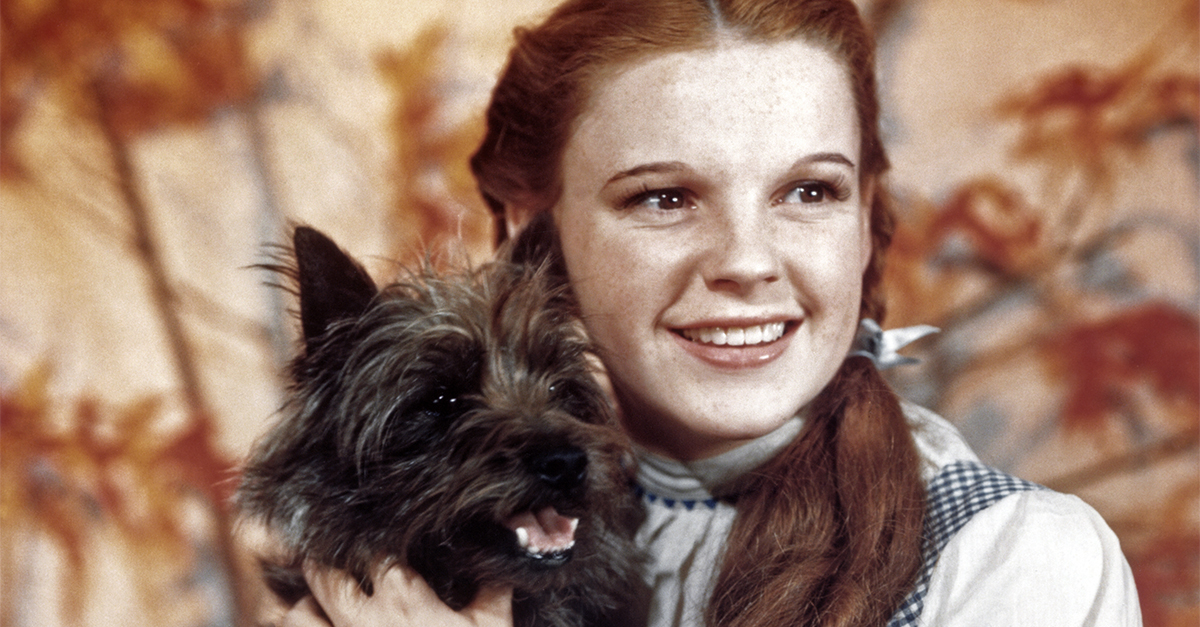Dusty Springfield, The Swinging Sixties' Icon
Free-spirited, youthful, peace-loving hippies defined the Swinging Sixties—but for stars like Dusty Springfield, there was a lot more than met the eye. Behind her soulful sound and towering beehive, the songstress led a life made up of crippling self-doubt, disintegrating mental health, and relationships that put even the raciest soap operas to shame.

1. She Came From Humble Beginnings
Dusty Springfield was born on April 16, 1939, in West Hampstead, London, the youngest of two siblings brought up by Irish parents. Her father worked as a tax accountant and her mother descended from a long line of journalists. Her childhood was comfortable—but Dusty Springfield wasn't destined for the button-down life. It wasn't long before she started proving it.
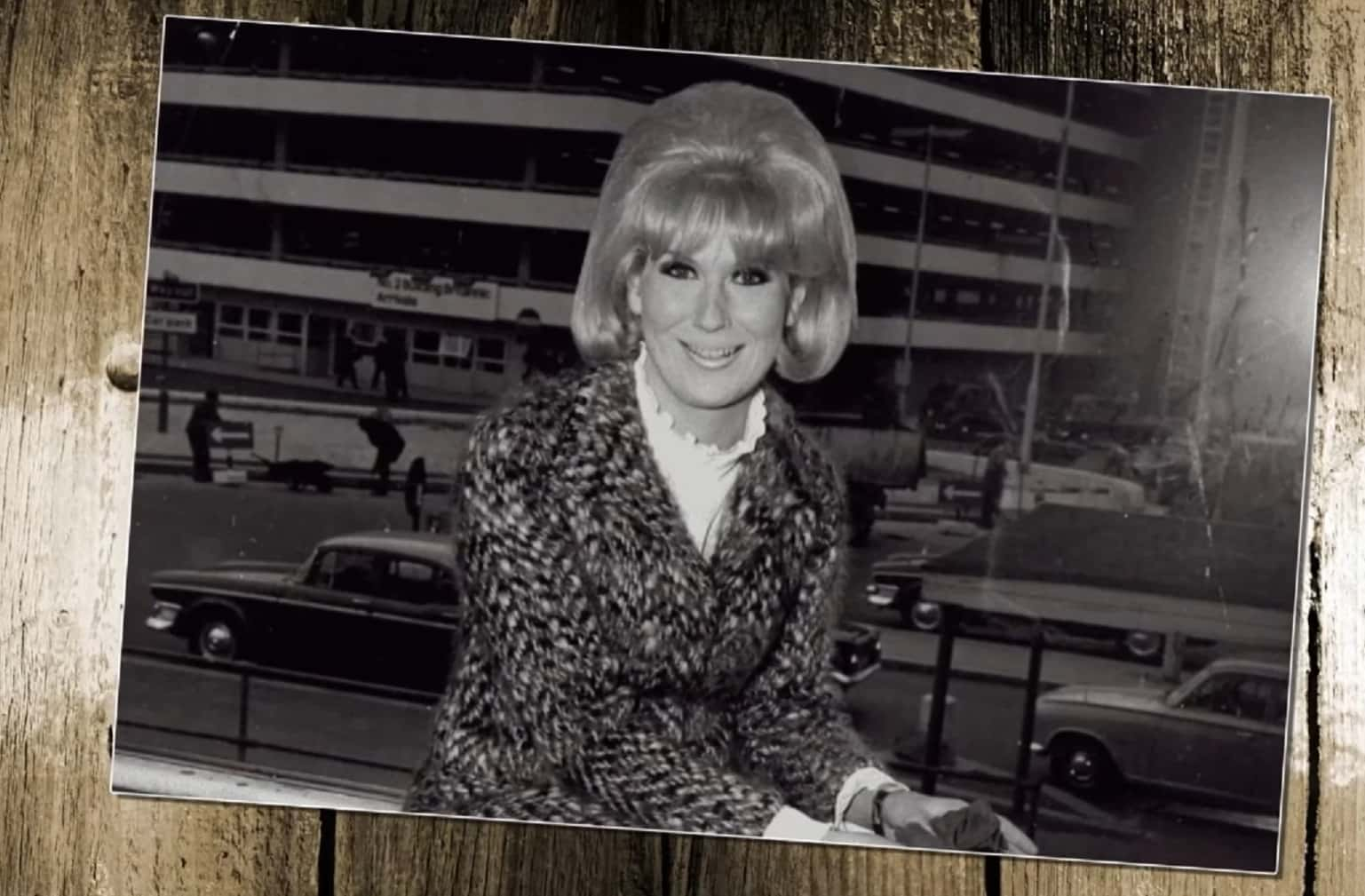 Dusty Springfield - Short Biography (Life Story), Short Biographies
Dusty Springfield - Short Biography (Life Story), Short Biographies
2. She Became Dusty At School
This iconic 60s singer has an undeniably rad moniker, but the name on her birth certificate read Mary Isobel Catherine Bernadette O'Brien. Doesn’t quite have the same star quality to it, right? Yeah, she didn’t think so either. Her tomboyish tendencies earned her a name fit for stardom. At school, children pegged her as "Dusty" because she enjoyed playing football and didn’t shy away from a little dirt.
The name stuck with her, as did her wild streak—and her willingness to get messy.
 Dusty Springfield - Just Dusty documentary, Darren Carstairs
Dusty Springfield - Just Dusty documentary, Darren Carstairs
3. She Had A Reserved Style
While attending her Catholic all-girls’ school, Springfield wasn't exactly headed for stardom. Actually, quite the opposite was the case during childhood; she was a shy kid and the nuns who taught her predicted that Springfield would most likely make a future living as a librarian. They couldn't have been more wrong. Springfield would soon grow into herself and take the world by storm.
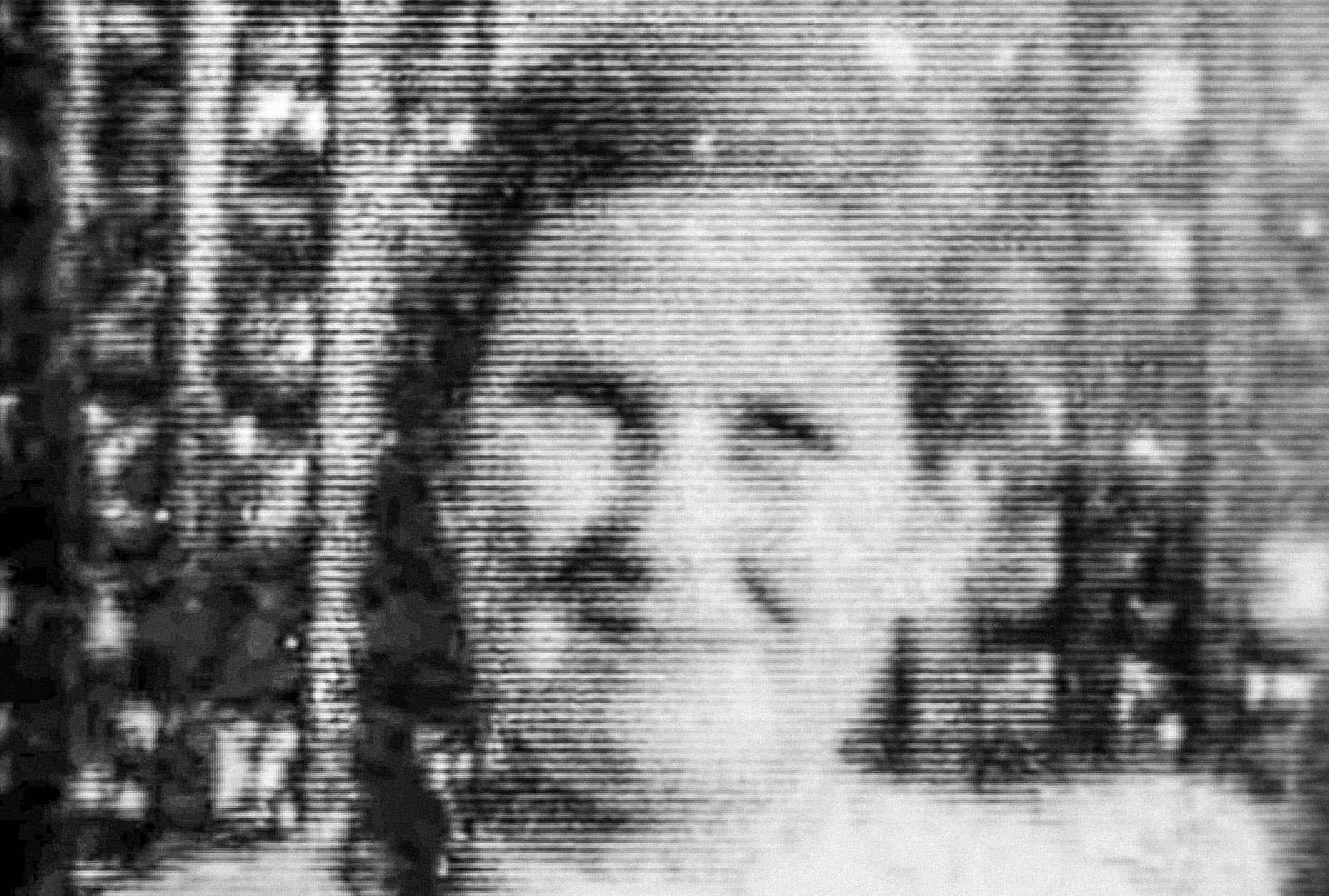 Dusty Springfield - Just Dusty documentary, Darren Carstairs
Dusty Springfield - Just Dusty documentary, Darren Carstairs
4. Her Father Was Relentless
Springfield’s father may have made his living as an accountant, but he dreamed of becoming a concert pianist. This unrealized fantasy, along with his skills with a spreadsheet, made him quite the perfectionist. He could be insufferable—and he made his daughter suffer like no other. Springfield later recalled that during her childhood, her father often called her names and hit her.
This soon took a toll on young Springfield—but it's not like her mother was much better.
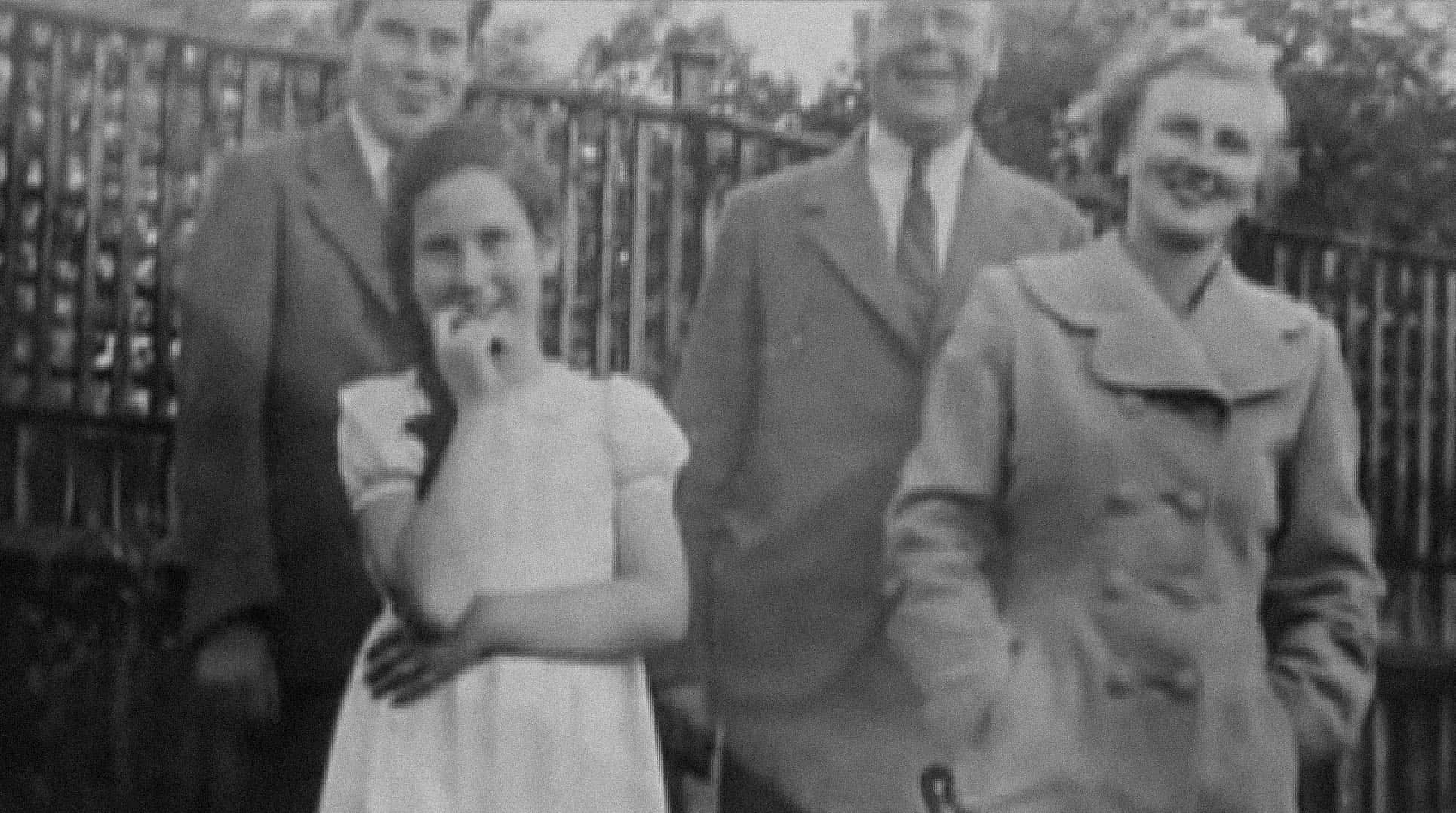 Dusty Springfield - Just Dusty documentary, Darren Carstairs
Dusty Springfield - Just Dusty documentary, Darren Carstairs
5. Her Mother Wasn’t a Safe Haven
Springfield’s mother was volatile, to say the least. In dealing with family arguments, she would frequently throw food in anger. This is the kind of environment Dusty Springfield grew up in—and things weren't going to get easier any time soon.
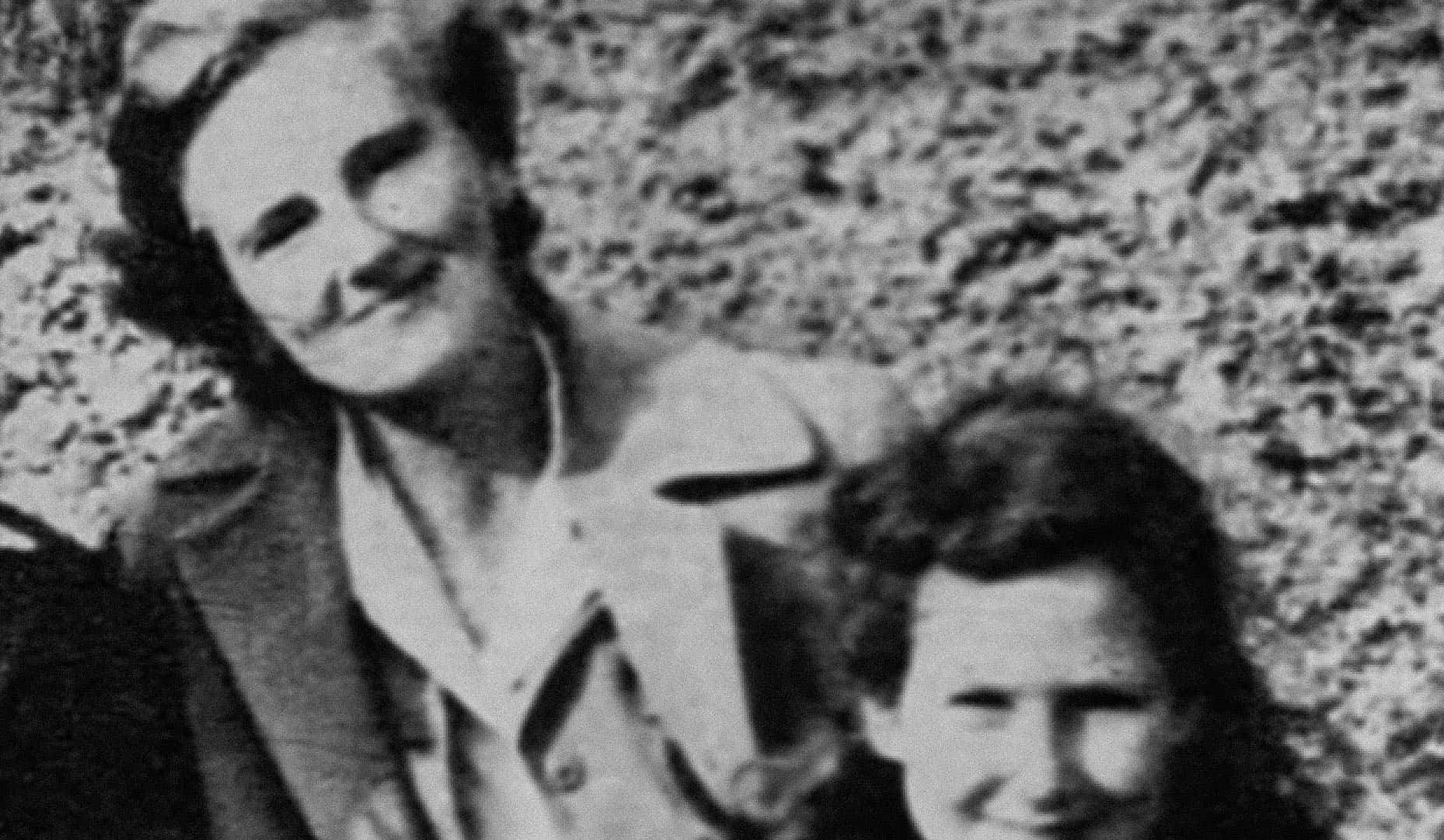 Dusty Springfield - Just Dusty documentary, Darren Carstairs
Dusty Springfield - Just Dusty documentary, Darren Carstairs
6. She Hurt Herself
In her teen years, Springfield became plagued with one insecurity after another. She had convinced herself that she was boring, unattractive, and meant for a plain life in the years ahead. Undoubtedly, the lacking vote of confidence from her teachers contributed to her bleak outlook on the future. Eventually, it pushed her to the brink.
Her miserable life at school, combined with the unpredictability of her parents, pushed Springfield to physically self-harming when distressed.
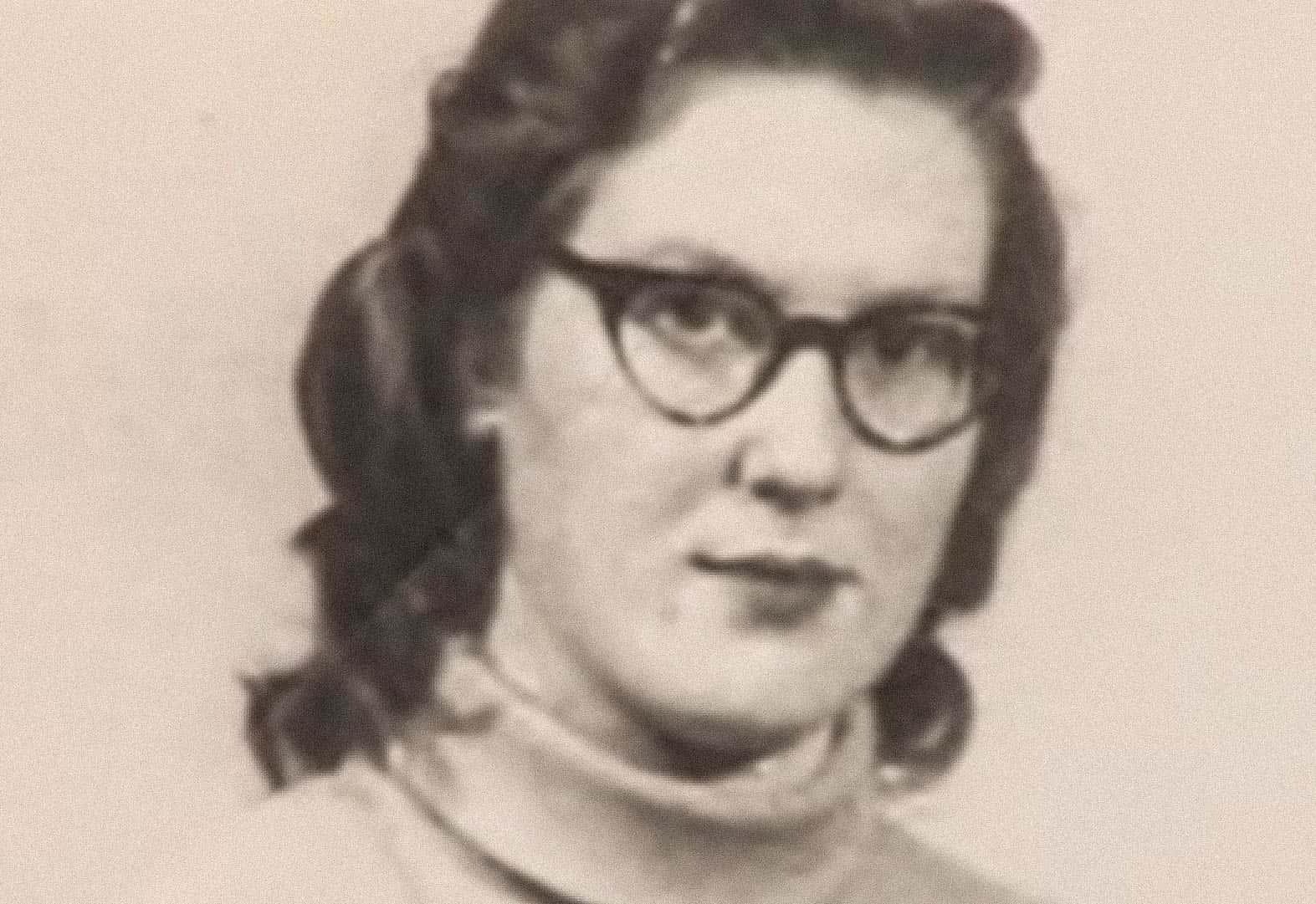 Dusty Springfield - Just Dusty documentary, Darren Carstairs
Dusty Springfield - Just Dusty documentary, Darren Carstairs
7. She Found Solace In Music
Springfield's youth could be a nightmare, but there was one silver lining that always kept her going: music. Her mother frequented musicals with Springfield in tow; and her father played musical rhythms on the back of her hand, urging her to guess which song he was tapping. These moments helped Springfield discover music as a sanctuary.
That was good, too—because she was going to need all the help she could get.
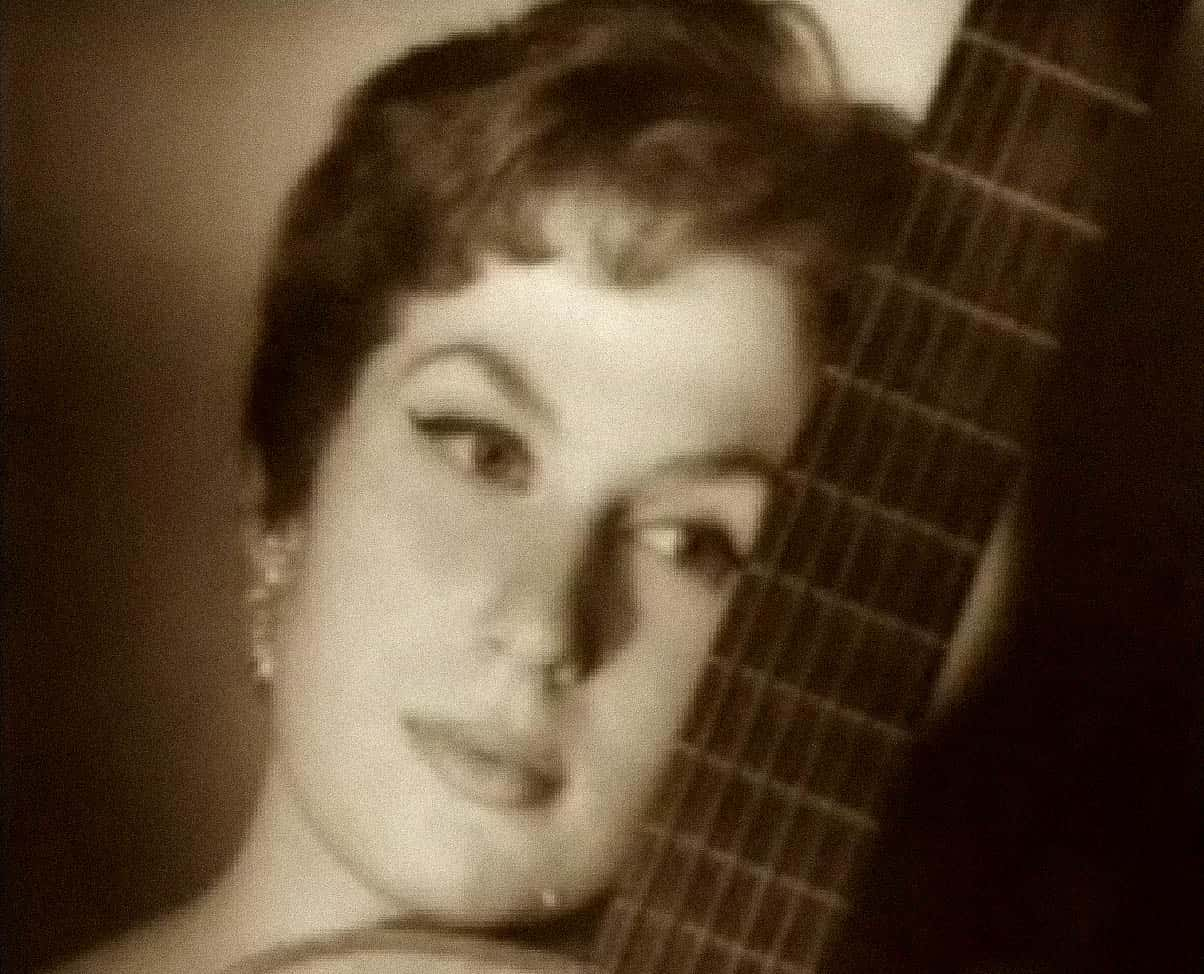 Dusty Springfield - Just Dusty documentary, Darren Carstairs
Dusty Springfield - Just Dusty documentary, Darren Carstairs
8. She Formed A Scandalous Band
Looking to express herself and climb out of her shell, Springfield decided to form a band—though stardom was still nowhere near her thoughts. She simply wanted to participate in a school talent show. So, she got together some girls and put on a show. The normally shy Springfield had a shocking surprise in store. The performance was so provocative that several outraged teachers walked out during the act.
This was Springfield’s first taste at shocking a crowd—and she liked it.
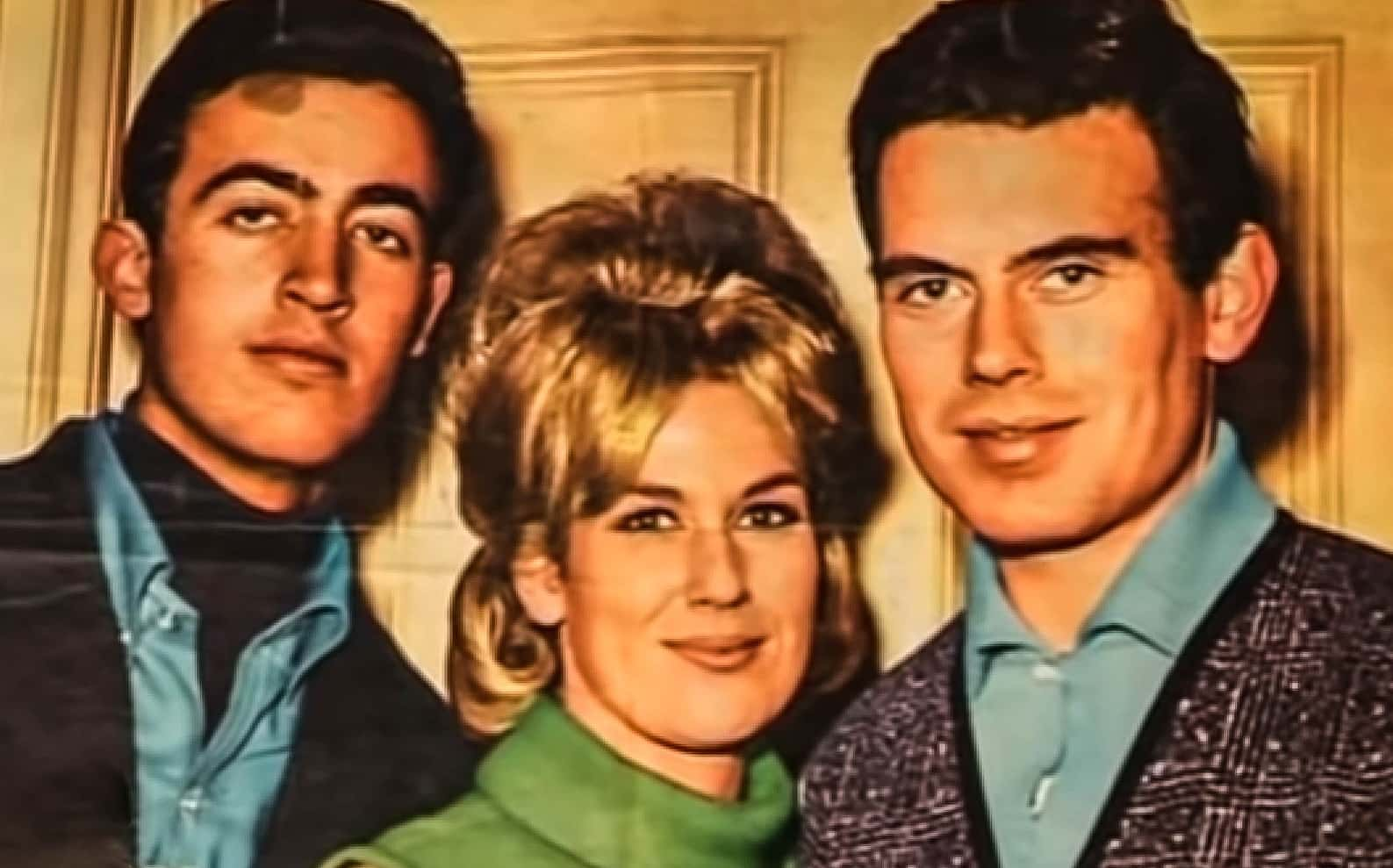 Dusty Springfield - Just Dusty documentary, Darren Carstairs
Dusty Springfield - Just Dusty documentary, Darren Carstairs
9. She Emulated Drag
After soaking in the sweet aroma of stupefying some uptight adults, Springfield found new ways to entertain. She created an alter ego in a new character, influenced largely by her appreciation of drag queens. She traded in her brownish locks for a blonde beehive and swapped out her glasses for very heavy and bold mascara. In effect, she began to part ways with Mary O’Brien.
It was almost time for Dusty Springfield to hit the big time—but she hadn't worked out all the kinks just yet.
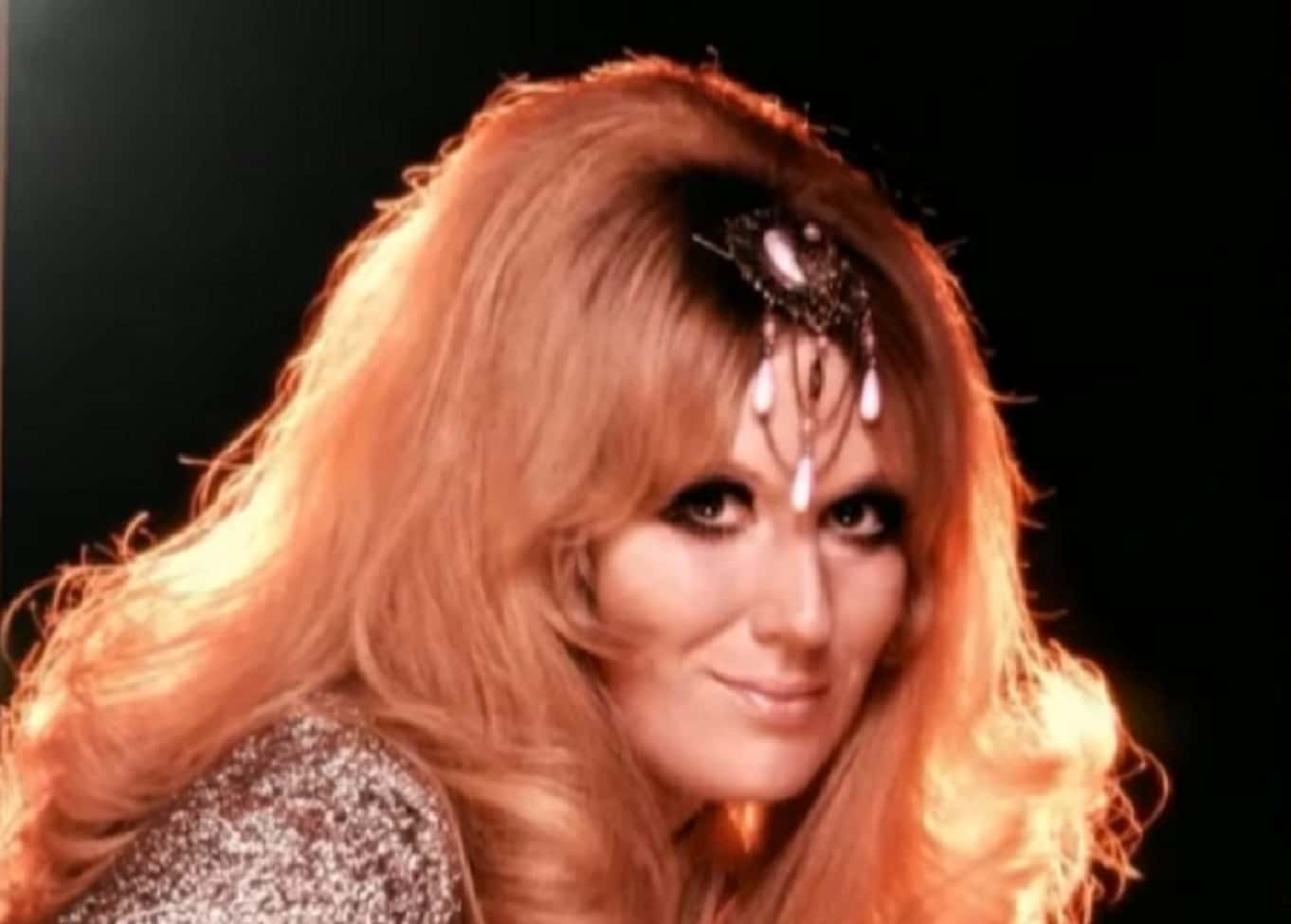 Dusty Springfield - Short Biography (Life Story), Short Biographies
Dusty Springfield - Short Biography (Life Story), Short Biographies
10. She Found Sisters
Springfield found her way to the Lana Sisters, a girl group that was making a small name for themselves in the London scene. The group didn’t have wide-sweeping success, but Springfield was able to briefly experiment with the character she had been creating. In doing so, she also tried out the name "Shan" briefly, but as we all know, that just didn’t stick.
You can't always hit a home run on the first try.
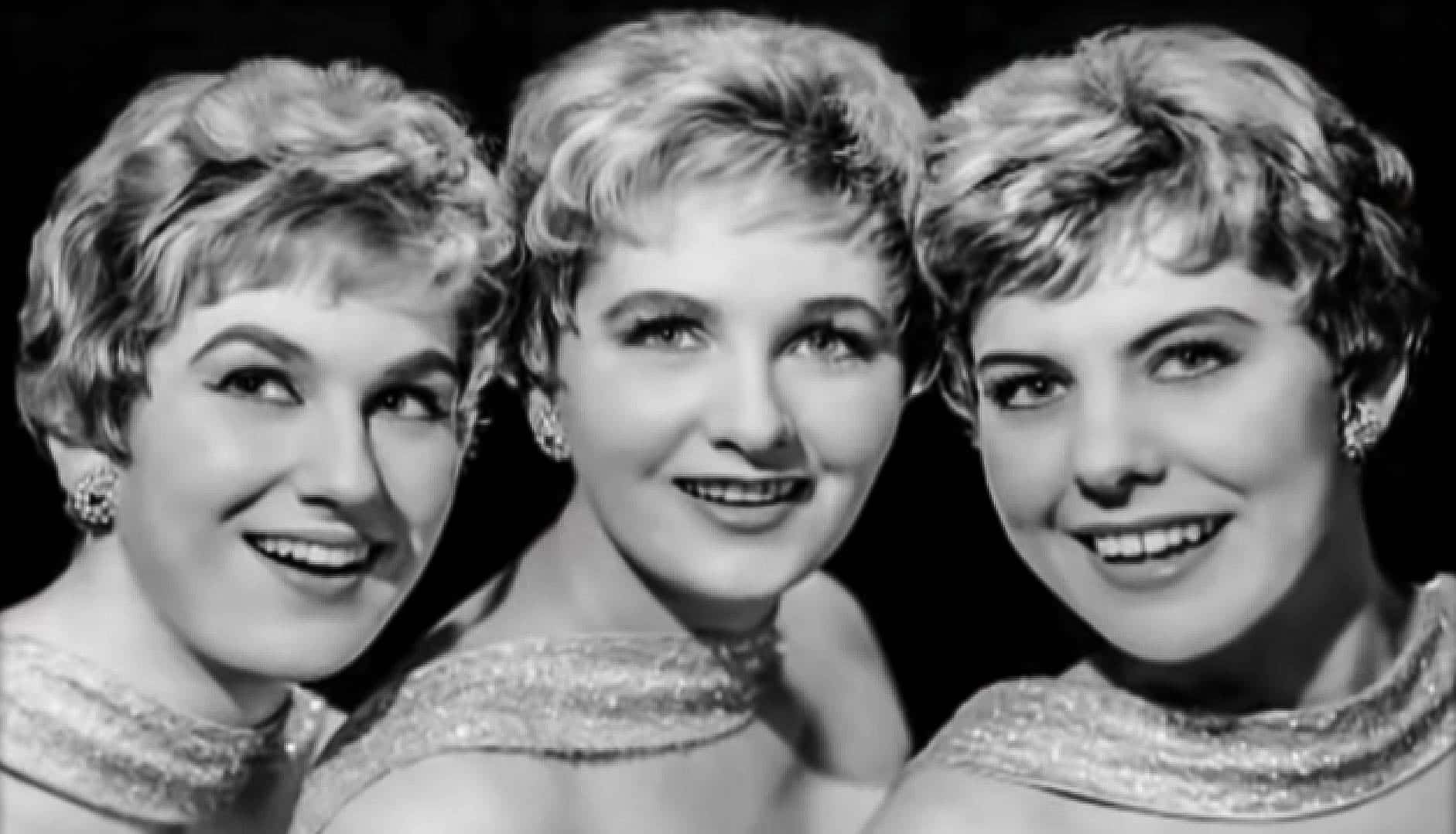 Dusty Springfield - Just Dusty documentary, Darren Carstairs
Dusty Springfield - Just Dusty documentary, Darren Carstairs
11. She Went To Nashville
Having tasted performance more and more, Springfield spent the late 1950s performing folk music in a couple of other small girl bands. In 1960, she made a whole different move by joining forces with her older brother, Tom, and a fellow musician, Reshad Felid. The trio wound up performing together for three years before separating with Springfield breaking off to complete a solo career.
But first, she needed something to give her an edge...
12. Her Brother Was The First Springfield
Springfield had her brother to thank for her stage name. While performing together previously, he suggested they call themselves The Springfields. He felt it elicited a type of folksy familiarity with American audiences since, since there are so many darn places in the U.S. called "Springfield". Soon, the entire world would know that name—though not for the reason Tom was hoping.
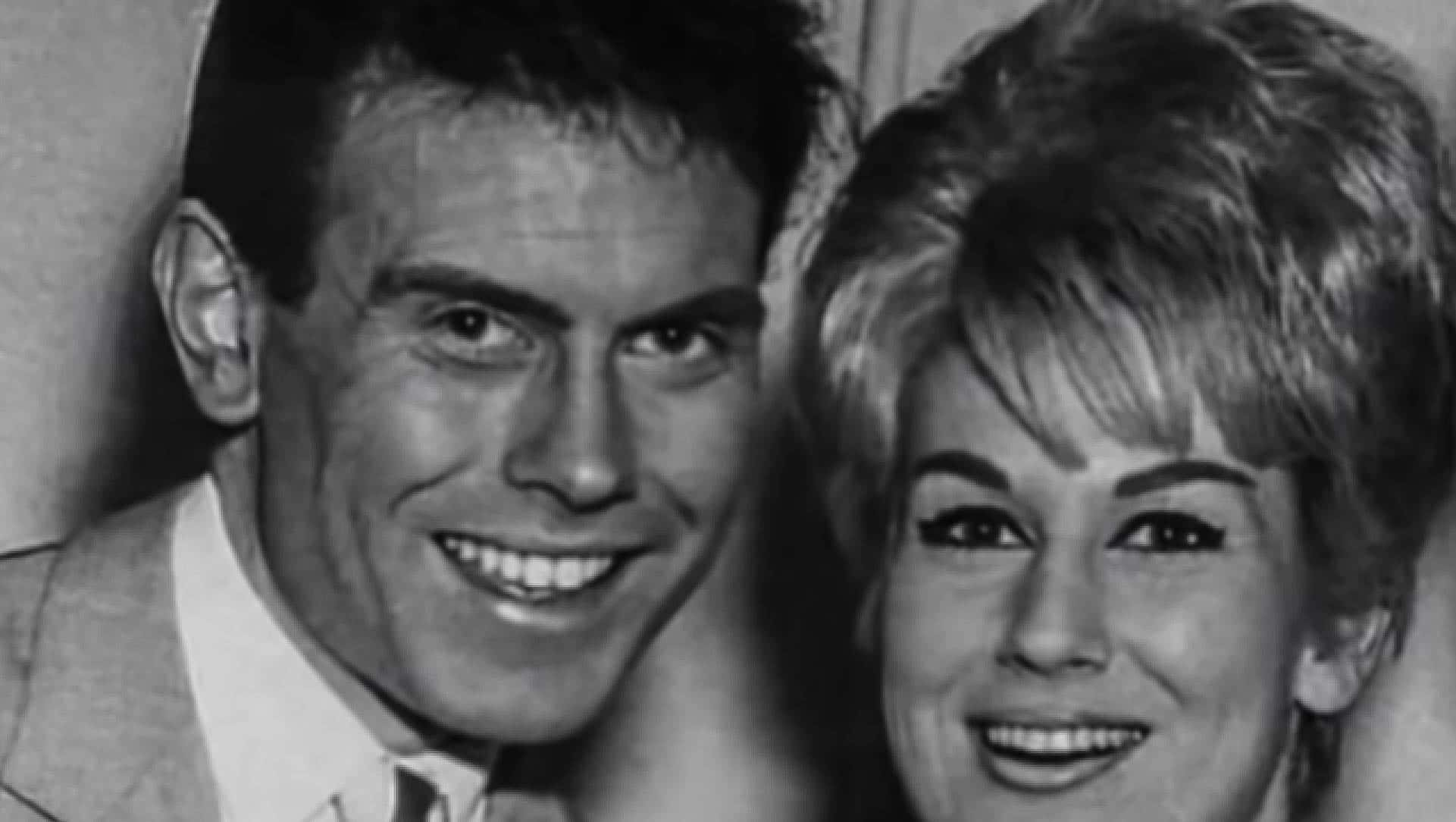 Dusty Springfield - Just Dusty documentary, Darren Carstairs
Dusty Springfield - Just Dusty documentary, Darren Carstairs
13. She Couldn't See
As Springfield came into her persona more and more, so did her desire to look attractive. There was just one problem: She couldn’t see! Springfield spent hours on end before a mirror, layering on mascara. She didn’t intend to become known for the bold look per se; she just couldn't tell when it was enough and when it looked good.
But how can you wear glasses if you want to wear eye makeup? So, her trademark appearance was mostly due to her horrible vision.
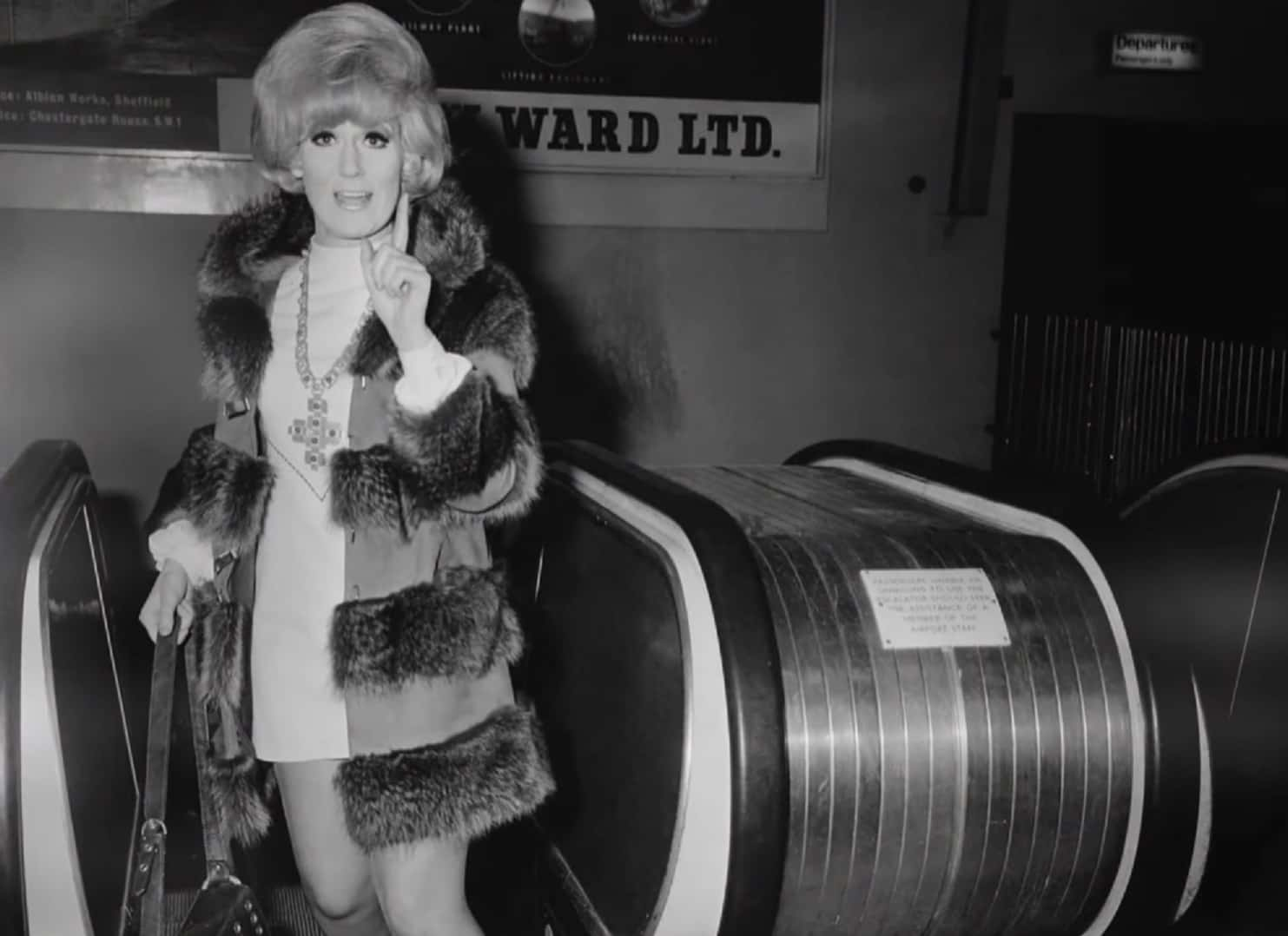 Dusty Springfield - Short Biography (Life Story), Short Biographies
Dusty Springfield - Short Biography (Life Story), Short Biographies
14. She Never Washed Her Hair
Okay, to be fair, Springfield sometimes washed her hair. It’s just that her iconic beehive required a lot of intense maintenance. She was constantly teasing it and using hair products to keep it puffed up just right. This had an unexpected side-effect: Much to the dismay of her bandmates, fumes accompanied her—and them—wherever she went.
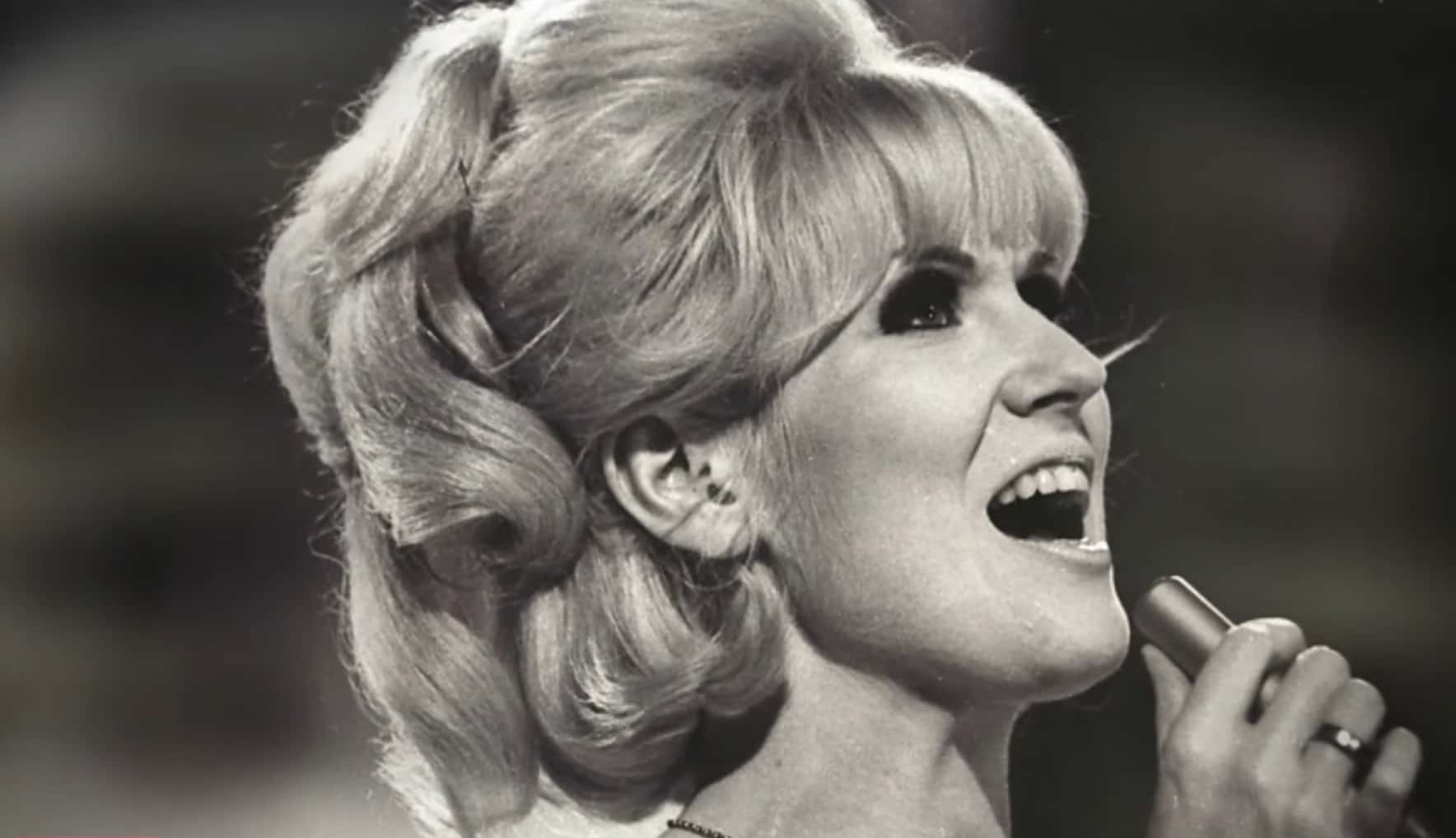 Dusty Springfield - Short Biography (Life Story), Short Biographies
Dusty Springfield - Short Biography (Life Story), Short Biographies
15. She Was Reckless
Springfield’s career took off in the mid-1960s; however, her judgment seriously started to wane. While driving erratically through Berkley Square in London, she struck 63-year-old, Ida Metzger, on her way home from shopping. Springfield cried hysterically during the immediate aftermath of the incident—and that was the only sign of remorse she showed.
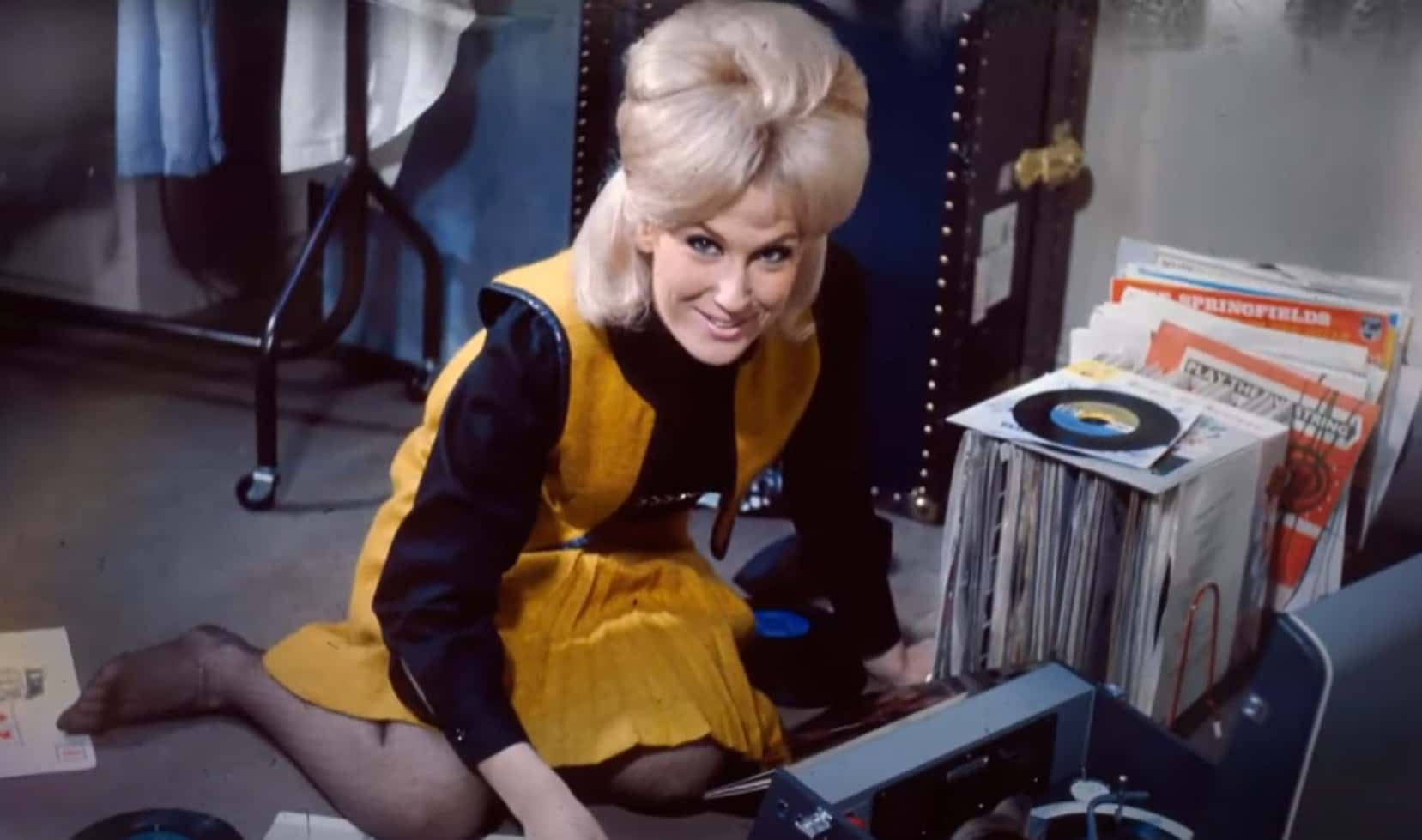 Dusty Springfield - Short Biography (Life Story), Short Biographies
Dusty Springfield - Short Biography (Life Story), Short Biographies
16. She Wanted Someone To Care
Ultimately, Springfield received a guilty verdict in the incident with Metzger. But she wasn't finished tarnishing her image; right afterward, Springfield made news for seeming totally unbothered by the whole thing, as if it were just a minor inconvenience. She failed to show up in court and was on record asking why everyone was making a fuss over Metzger, rather than the damage to her car!
In her defense, though—if there is one—Springfield had a whole lot of other troubles on her plate at the time.
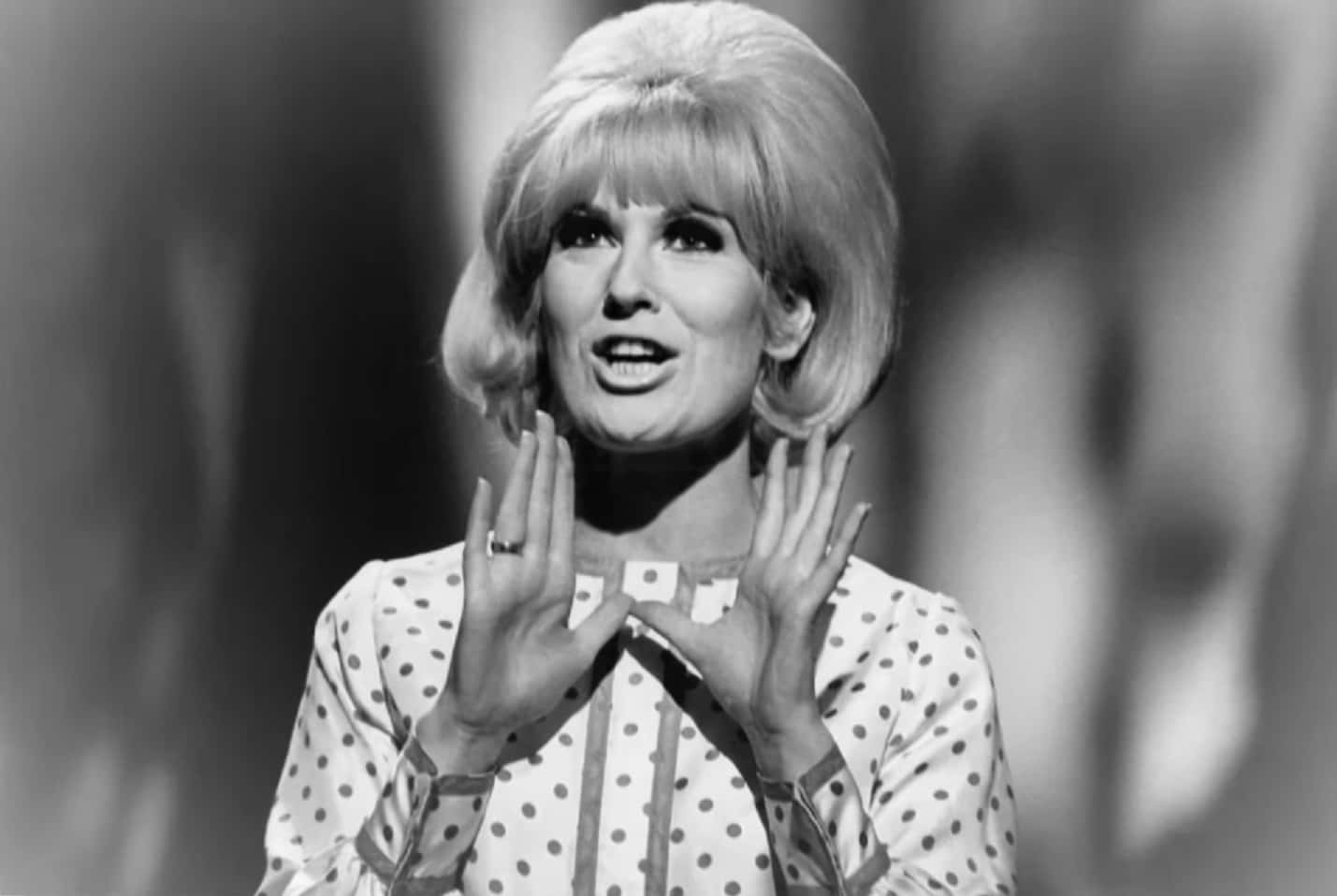 Dusty Springfield - Short Biography (Life Story), Short Biographies
Dusty Springfield - Short Biography (Life Story), Short Biographies
17. She Got Into A Public Spat
Around the time of the fender bender, New York City's prestigious nightclub Basin Street East invited Springfield to perform there. It turned into a complete trainwreck. Buddy Rich, her drummer for the night, refused to practice with her. On performance night, he even disparaged her—on stage no less—by calling her some choice words. In turn, she made some questionable remarks of her own regarding his manhood and she took a swing at him, which resulted in his wig falling off—yikes!
18. She Was A Trailblazer
Here’s the thing: Springfield wasn’t trying to defy social norms; she just did. At the height of her career, headlines fixated on her bedroom habits, since no one ever saw her gallivanting with men. But—like the Millennials who would one day follow her example—Springfield wasn't really into labels. She never publicly referred to herself as a lesbian; but she also never denied her love of women either, saying: "I'm perfectly as capable of being swayed by a girl as by a boy. More and more people feel that way and I don't see why I shouldn't".
Springfield just didn’t care for the concept of getting boxed in or defined.
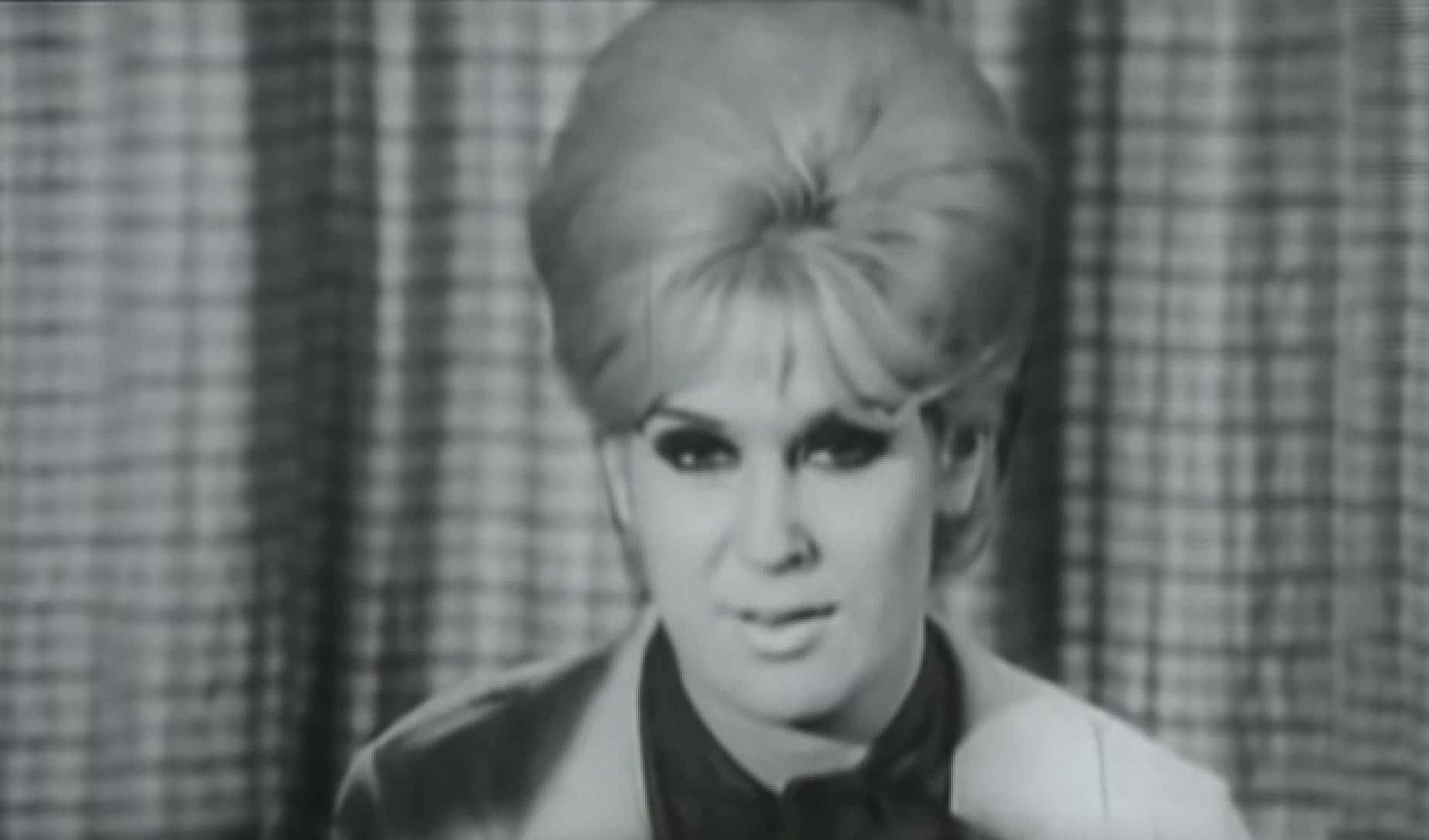 Dusty Springfield - Just Dusty documentary, Darren Carstairs
Dusty Springfield - Just Dusty documentary, Darren Carstairs
19. She Got Deported
Springfield scored with audiences when she released her 1964 hit single, "Losing You". Around the same time as the single made its way up the charts, she went on tour in South Africa. But remember, this was 1964 and we’re talking about South Africa—segregation laws forbade performances that brought together mixed races. Nonetheless, Springfield defied the apartheid laws and performed to an inclusive crowd. The fallout was immediate. South African authorities swiftly resulted deported her.
When asked about her motivations, Springfield denied being an especially political person and instead simply said that "anybody—if they want to buy a ticket, should be allowed".
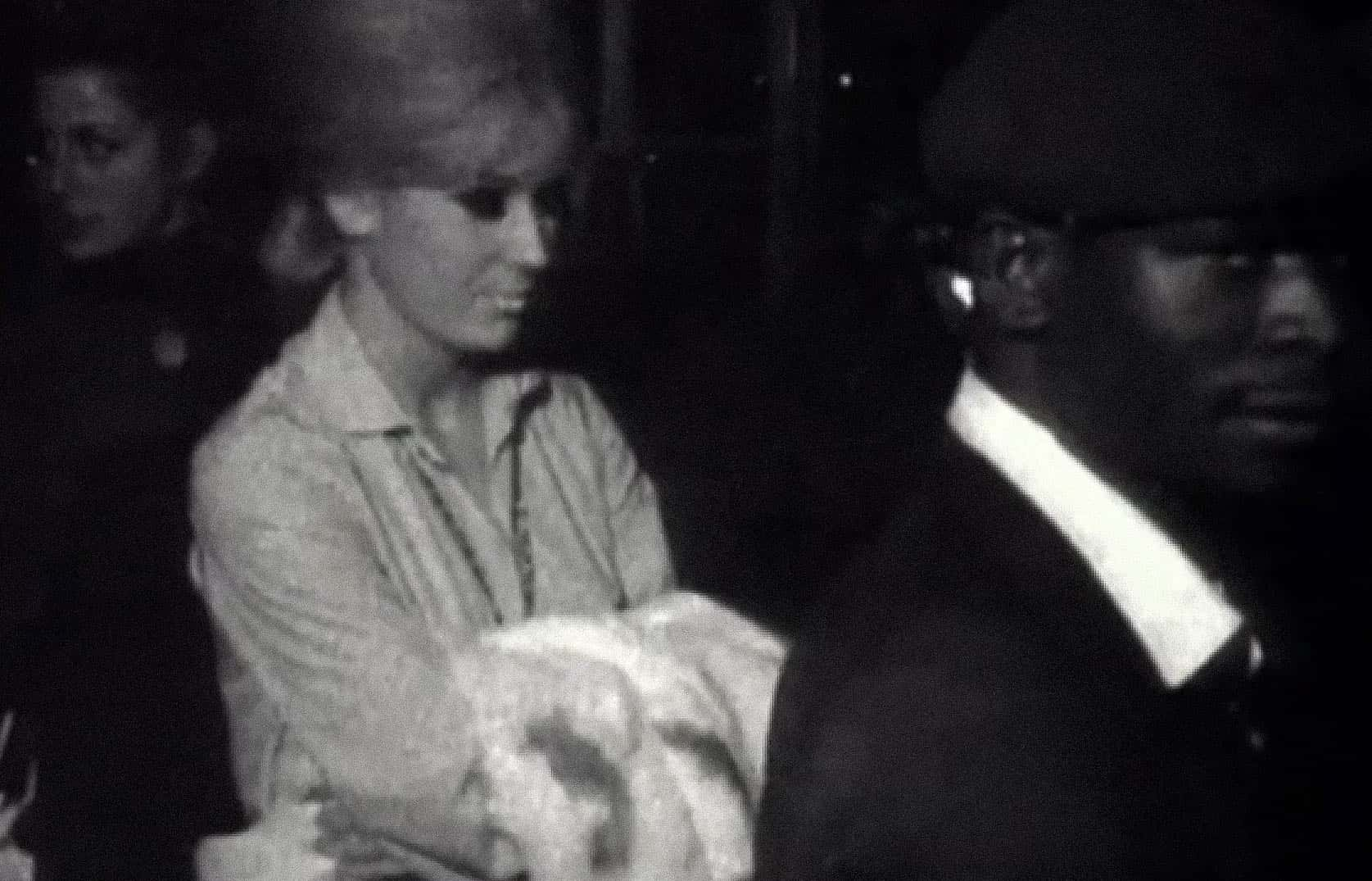 Dusty Springfield - Just Dusty documentary, Darren Carstairs
Dusty Springfield - Just Dusty documentary, Darren Carstairs
20. She Had Imposter Syndrome
Despite doing well with audiences, Springfield felt an overwhelming sense of anxiety. She made the shift to rhythm and blues with success, but always compared herself to other soul legends of the time. Consequently, she became incredibly indecisive when it came to approving music, not to mention the cropping stage fright she developed.
For Dusty Springfield, stardom was not all it was cracked up to be.
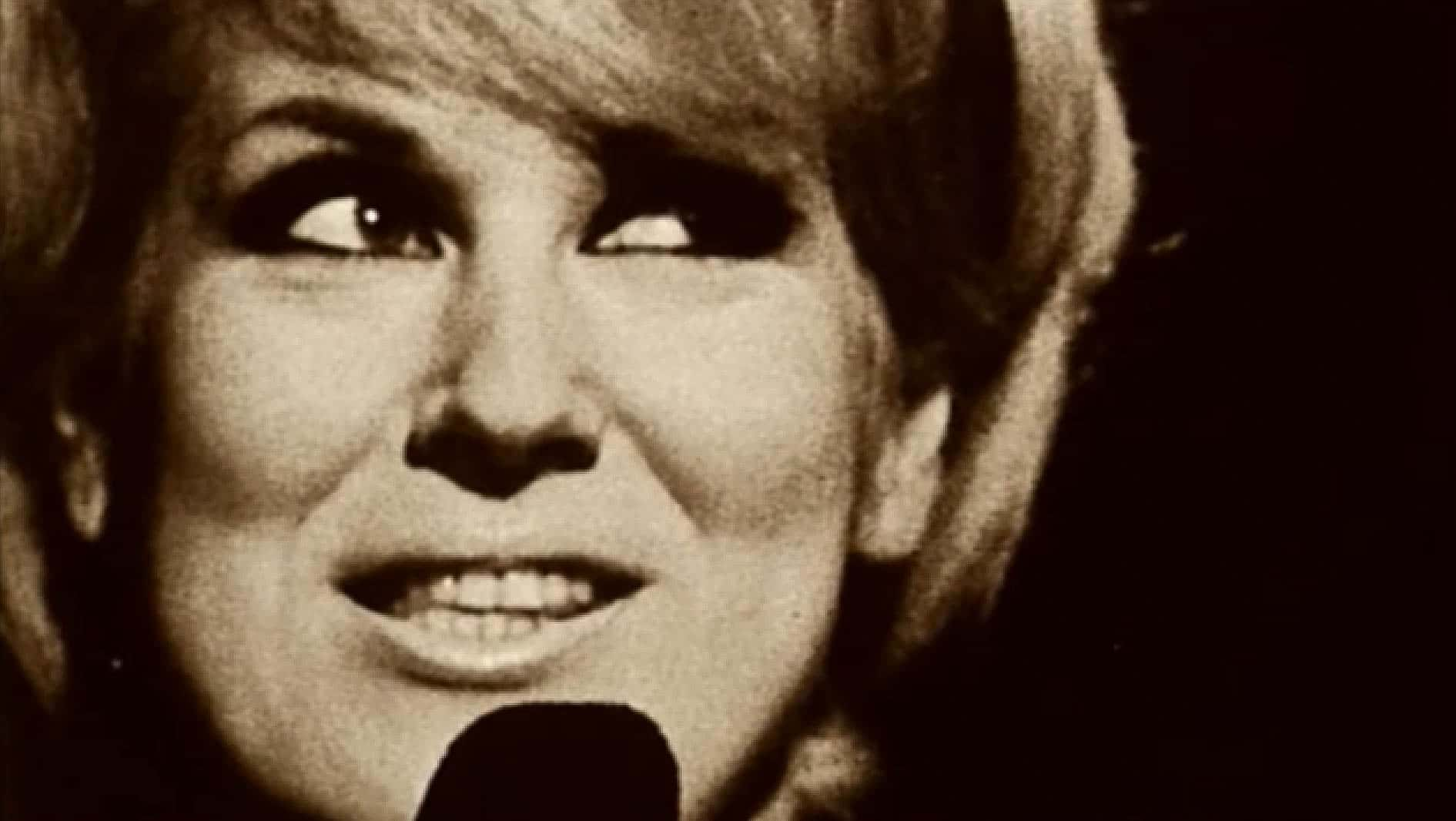 Dusty Springfield - Just Dusty documentary, Darren Carstairs
Dusty Springfield - Just Dusty documentary, Darren Carstairs
21. She Was Her Father’s Daughter
The apple doesn't fall far from the tree. Her father’s perfectionistic tendencies had rubbed off on her in serious ways. During the rise of her career, Springfield often opted not to receive any credit for the music she produced, and she chose to re-record many hits in pursuit of constant improvement. Those around her obliged her—naturally—but many failed to understand the depth or severity of her insecurities.
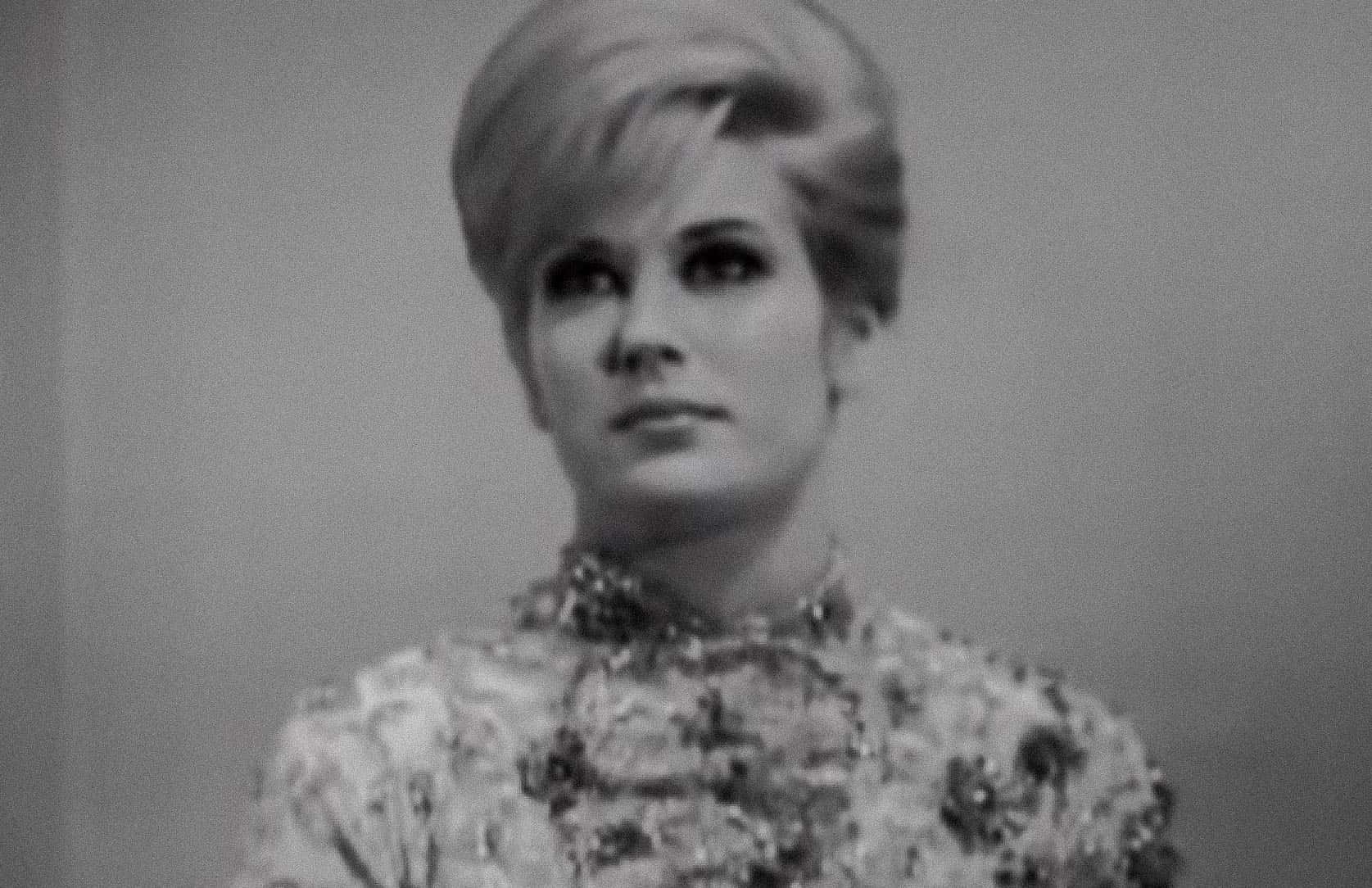 Dusty Springfield - Just Dusty documentary, Darren Carstairs
Dusty Springfield - Just Dusty documentary, Darren Carstairs
22. She Stood Out
Given her background, one might assume that UK audiences would excitedly claim Springfield as one of their own. In truth, her soulful sound made her voice so distinctive from everyone else on the radio that British folks conjured up an image of her being both American and Black. The distinguishing quality to her music was a big deal at the time; she was often invited as the only white singer on all-black lineups.
It was an honest mistake—but Springfield wasn't exactly helping matters.
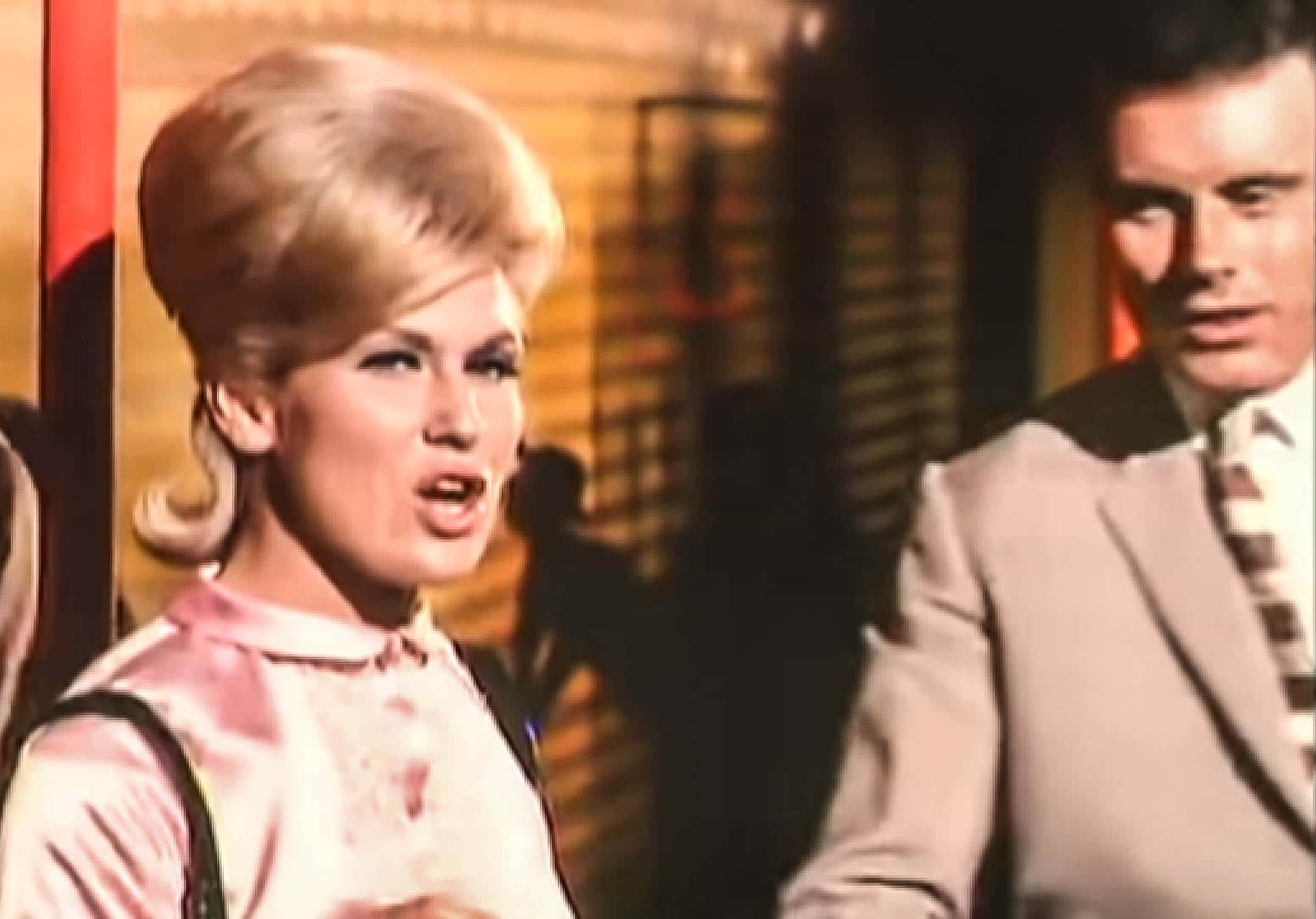 Dusty Springfield - Just Dusty documentary, Darren Carstairs
Dusty Springfield - Just Dusty documentary, Darren Carstairs
23. She Was A Copycat
Partly due to her uncertainty about how good she was, Springfield borrowed from other artists. She frequently tried to replicate the styles of Aretha Franklin, Carole King, and Peggy Lee. She also directed her UK backup musicians to copy American musicians’ sound as much as possible. Springfield may have been unique in her own right, but her failure to recognize it kept her trying to mimic artists who she admired.
24. She Was Disorderly
Taking a page from her mother’s book, Springfield did not always use her words. Once, in a popular London restaurant, she witnessed a music big shot treat a waiter rudely. Her response was nothing short of legendary: In defense of the waiter, she hurled a cheese tart at the offender. Behavior like this made it difficult for those around her to be mad—sure, she had a temper, but she also had some sense of right and wrong that you couldn't dispute.
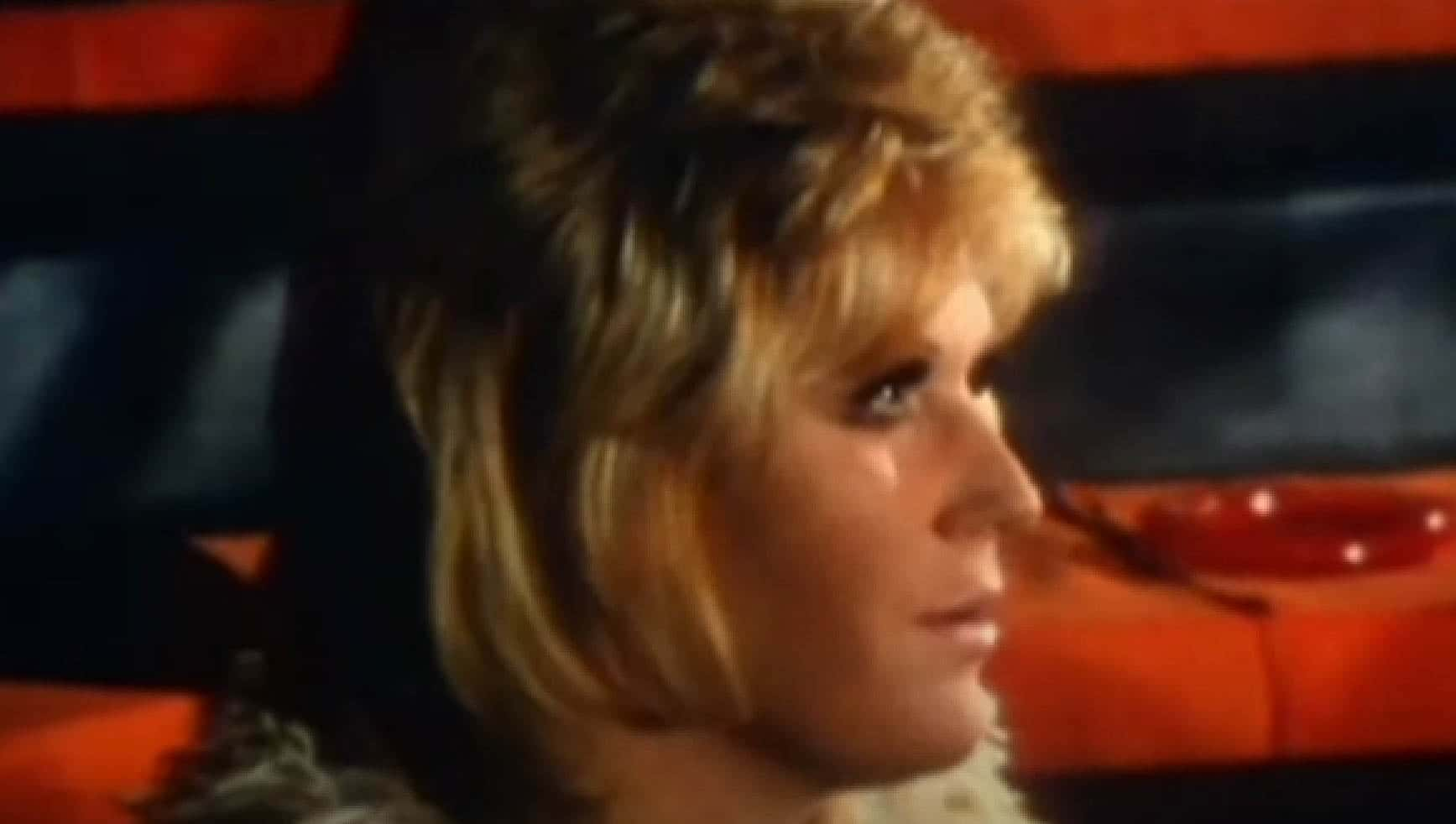 Dusty Springfield - Just Dusty documentary, Darren Carstairs
Dusty Springfield - Just Dusty documentary, Darren Carstairs
25. She Drank With The Temptations
As if Springfield didn’t have enough to sort through in life, she soon turned to the bottle. It started innocently enough. She had a sore throat, and a well-meaning member of The Temptations offered her a sip of vodka. Well, Springfield really liked how it went down and a drinking problem soon followed.
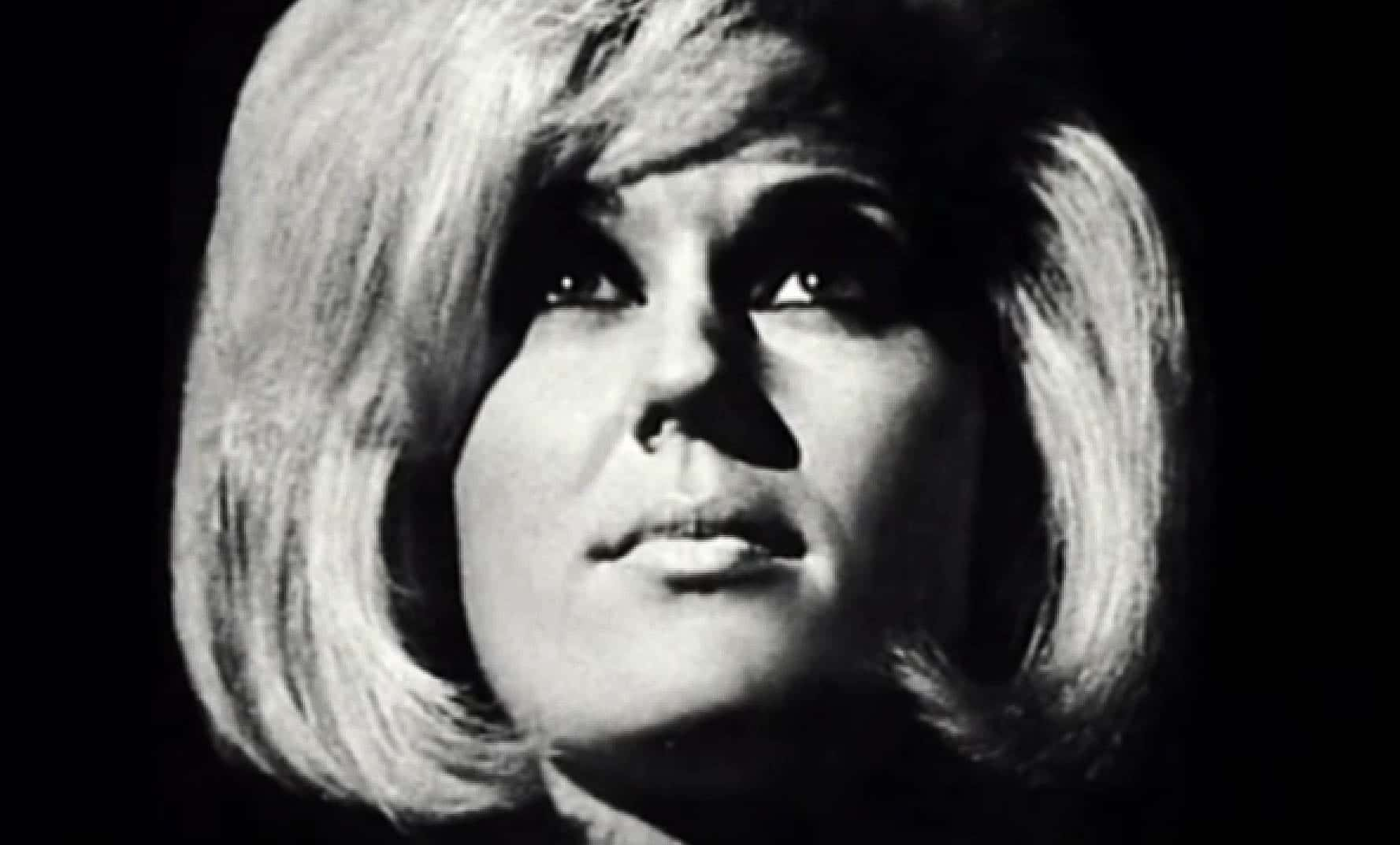 Dusty Springfield - Just Dusty documentary, Darren Carstairs
Dusty Springfield - Just Dusty documentary, Darren Carstairs
26. She Was A Prankster
Springfield’s chaotic tendencies intensified as she grew older. She did strange things in the name of humor, much to the dismay of people in her circle. Sometimes, that meant ordering a box of cutlery...just to smash it against a wall. Other times, she tossed food and beverages over her (or others’) heads. These pranks certainly amused Springfield, but they impressed few others.
Dusty Springfield looked extremely unstable—and she wasn't going to calm down any time soon.
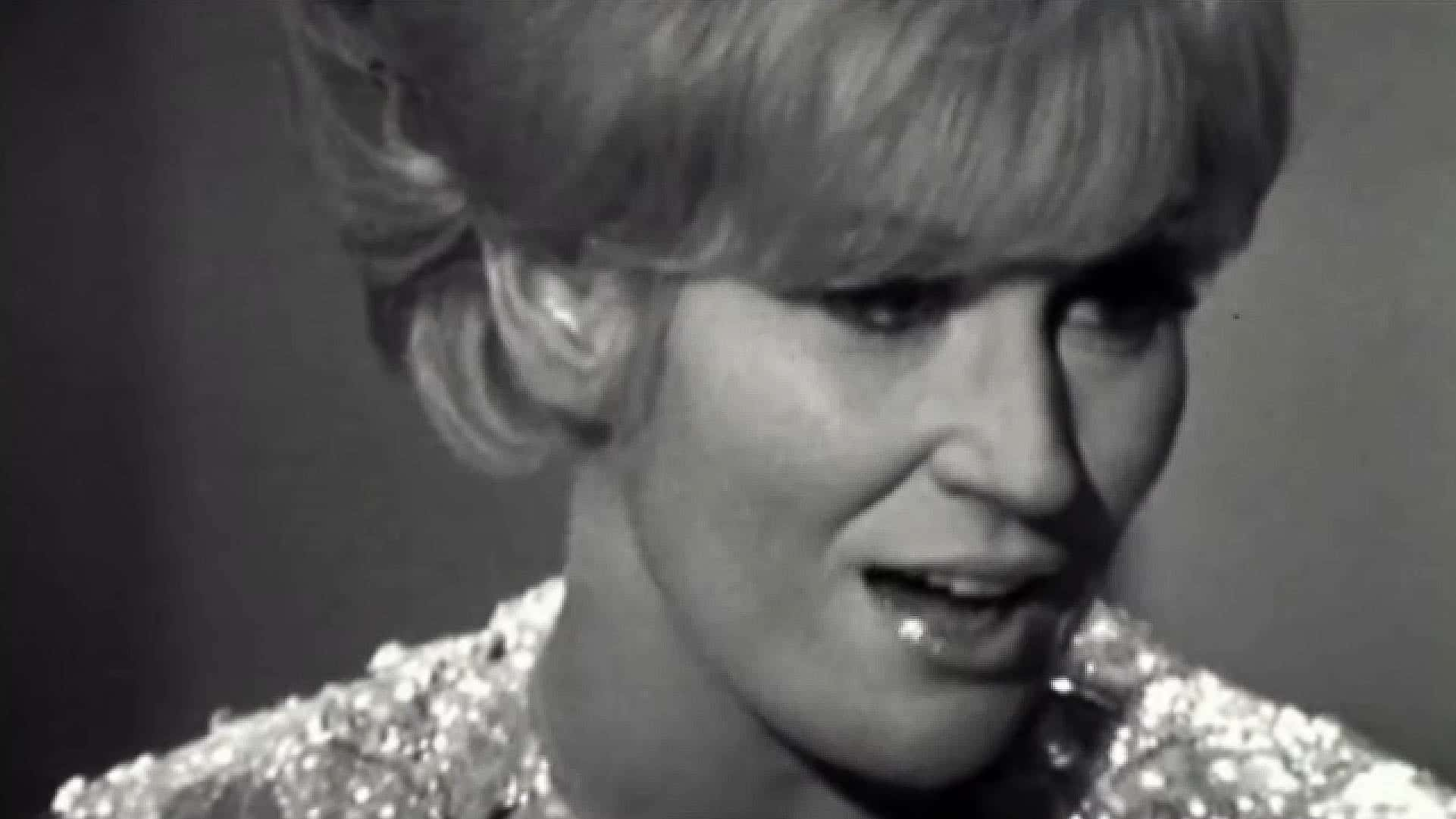 Dusty Springfield - Just Dusty documentary, Darren Carstairs
Dusty Springfield - Just Dusty documentary, Darren Carstairs
27. She Was Not A Fan Of Studios
If not clear by now, Springfield had developed quite a knack for beating to her own drum in life. Her colleagues knew this all too well when they saw her recording process. She often refused to record in studios and instead preferred ladies’ bathrooms and corridors. She insisted these spaces had better acoustics; however, given her perfectionism and insecurities, it is unclear how much these decisions protected her ego vs. her legitimate sound quality.
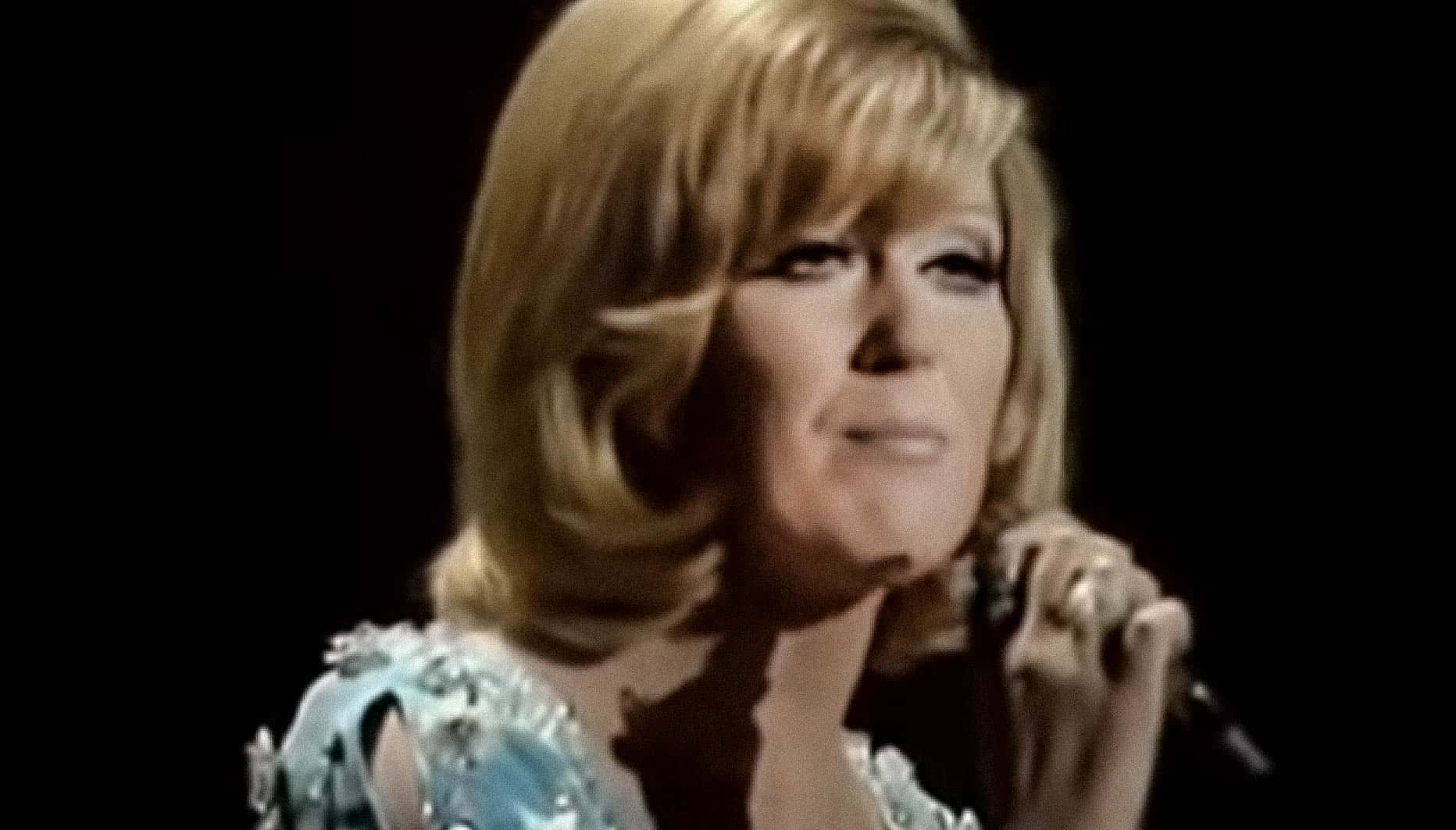 Dusty Springfield - Just Dusty documentary, Darren Carstairs
Dusty Springfield - Just Dusty documentary, Darren Carstairs
28. She Was A Trendsetter
Like everyone, Springfield definitely had her idols. She glamorized stars like Brigitte Bardot and Catherine Deneuve. Taking their bold looks a step further, she donned sparkly outfits at the height of her fame while caking on layers of makeup. As mentioned, some of this was unintentional on Springfield’s part; regardless, however, she became known as the "Queen of Mods" and many credit her with influencing future generations of singers.
But as she was reaching icon status, everything started falling apart.
29. Her Drinking Got Worse
After making the call to move to Los Angeles, Springfield began to battle more serious bouts of depression. She drank more heavily and did illicit substances as a means of coping—but unfortunately, relief was not yet in sight. The demons that were with Springfield made absolutely no sign of going away any time soon.
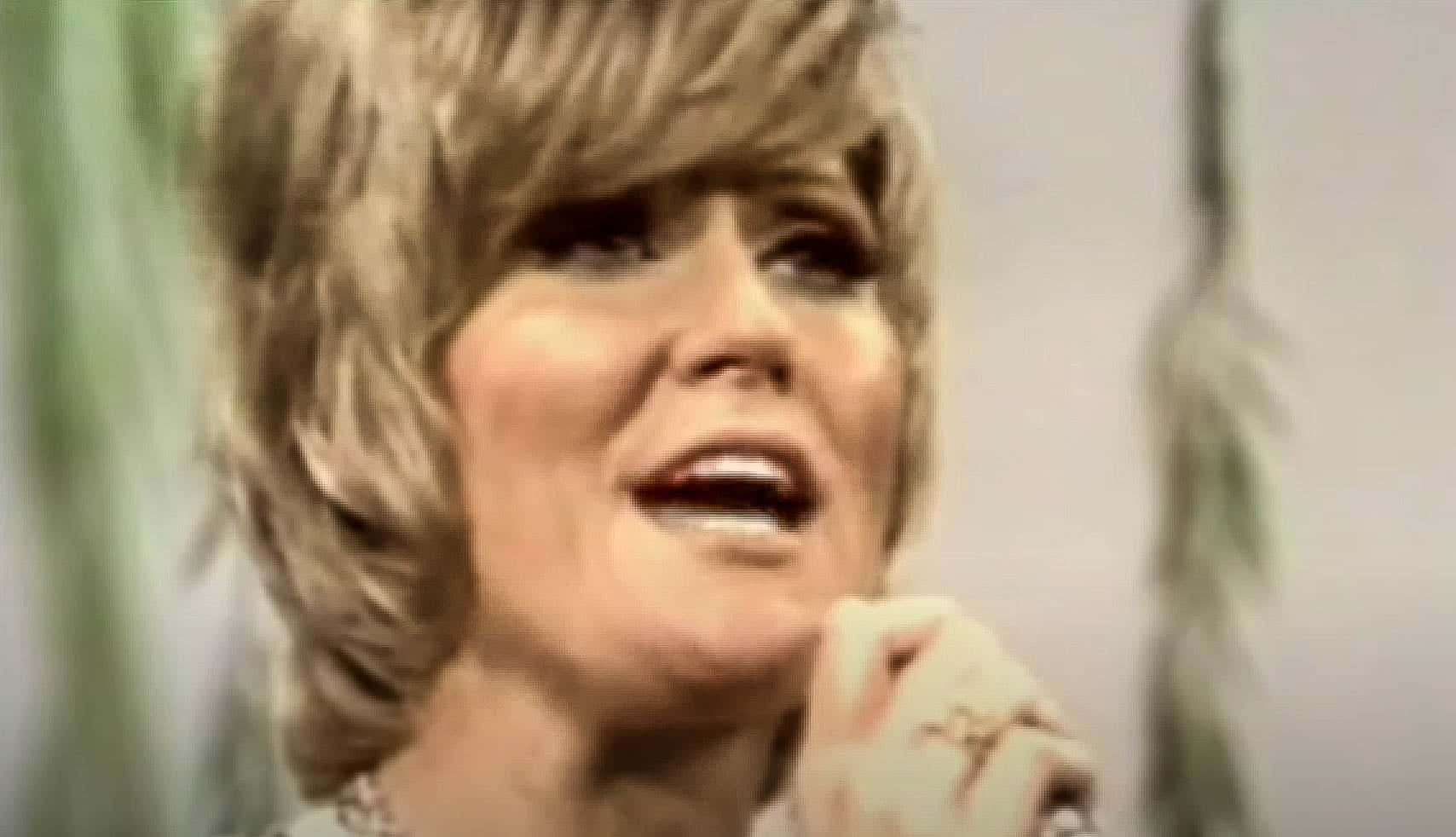 Dusty Springfield - Just Dusty documentary, Darren Carstairs
Dusty Springfield - Just Dusty documentary, Darren Carstairs
30. She Suffered Financially
Springfield had done exceptionally well throughout the 1960s. She received accolade upon accolade and had major hits with both UK and American audiences. The 1970s, however, were not as fruitful. Money was diminishing and Springfield even had to sell her home, so that she could rent a new one in Hollywood Hills. But she hadn't reached rock bottom yet. Not even close.
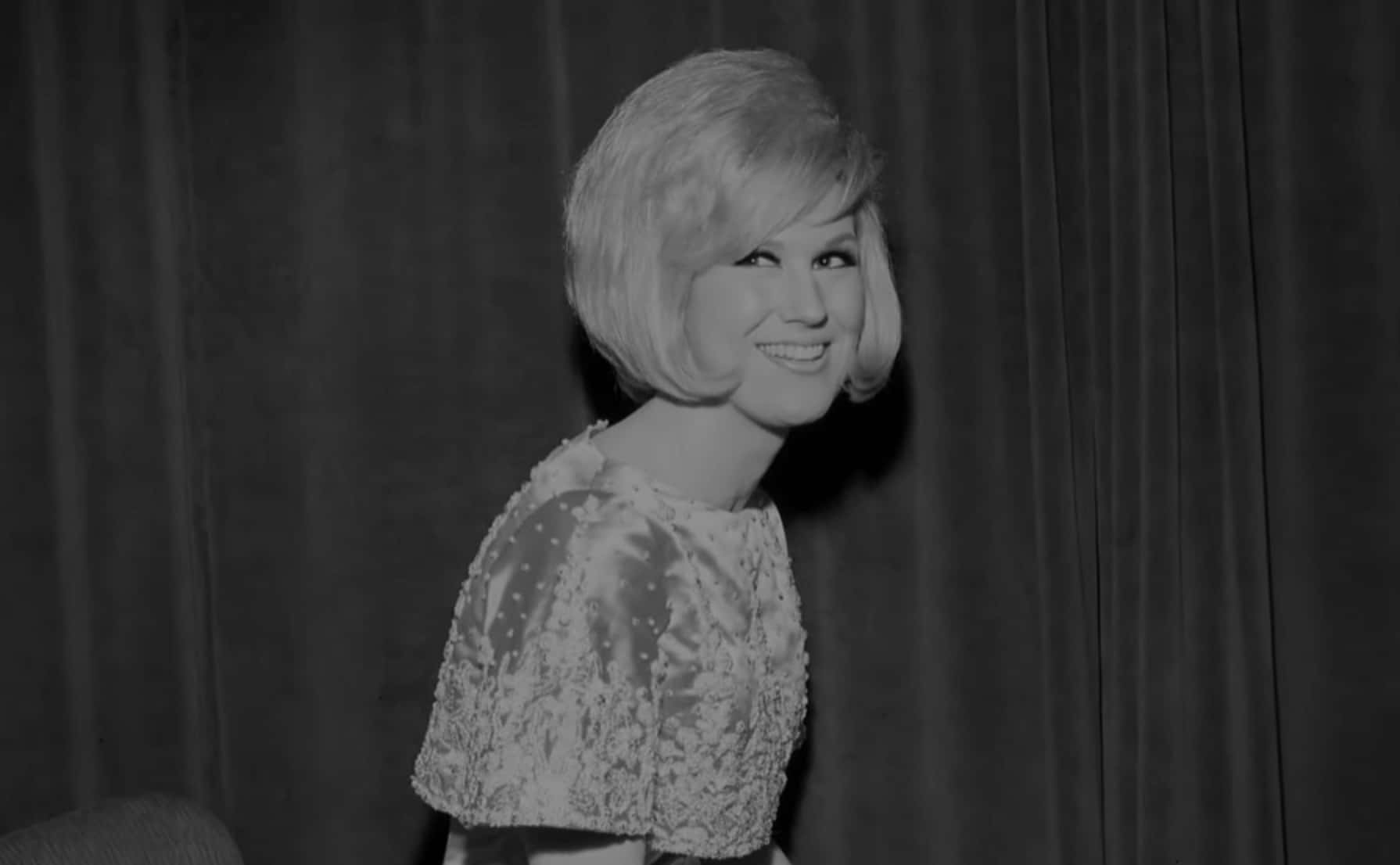 Dusty Springfield - Short Biography (Life Story), Short Biographies
Dusty Springfield - Short Biography (Life Story), Short Biographies
31. She Lost Her Faith
Springfield was a practicing Catholic for much of her life. And we aren’t talking Catholic in title only; she often halted touring so that she could perform the sacred sacrament of confession. She was definitely the real deal when it came to her faith. However—amidst the turbulence in her personal life and career—she stopped engaging in the religious acts that had previously brought her solace.
With nothing to cling to, she was sinking—fast.
 Dusty Springfield - Short Biography (Life Story), Short Biographies
Dusty Springfield - Short Biography (Life Story), Short Biographies
32. She Dissociated
Springfield’s hardships became amplified by the fact that she never felt a sense of true sense of identity. During one interview, she recalled that in her stardom, she thought her stage persona was a "monster". Those around her also spoke to the press and highlighted how often she commented on feeling as if she had lost touch with Mary O’Brien—the shy schoolgirl from London.
This schism only grew more and more fraught as time wore on.
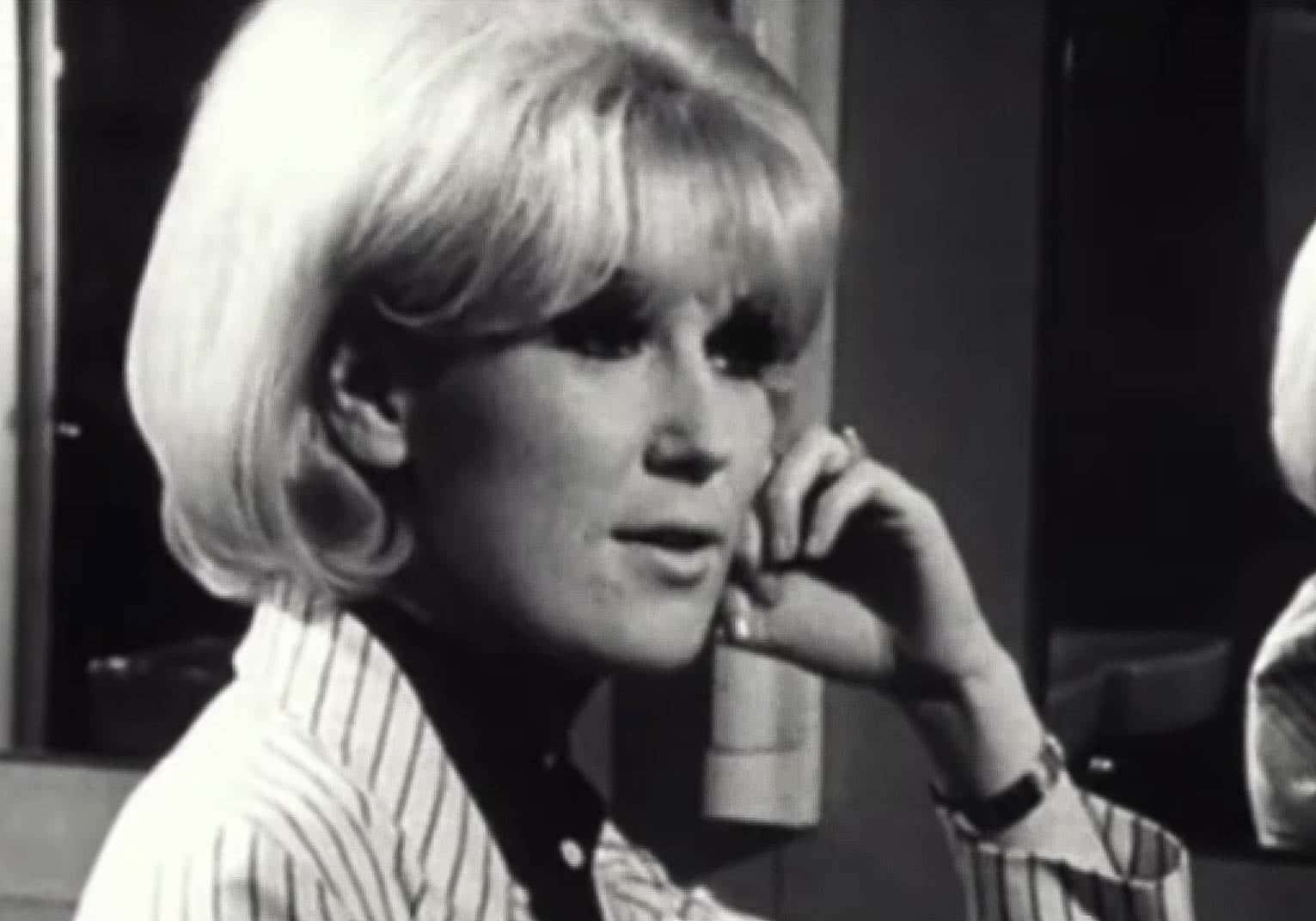 Dusty Springfield - Just Dusty documentary, Darren Carstairs
Dusty Springfield - Just Dusty documentary, Darren Carstairs
33. She Tried To End It
In 1974, Springfield’s mother passed away. Springfield was already a mess—but this brought her to a new low. Her latest lover, Sue Cameron, recalled that Springfield would sink to the floor and hallucinate about demons chasing her. Around this time, Springfield’s self-harm tendencies re-emerged, and she attempted to take her life multiple times.
She had long since passed her breaking point—but her trials were not yet at an end.
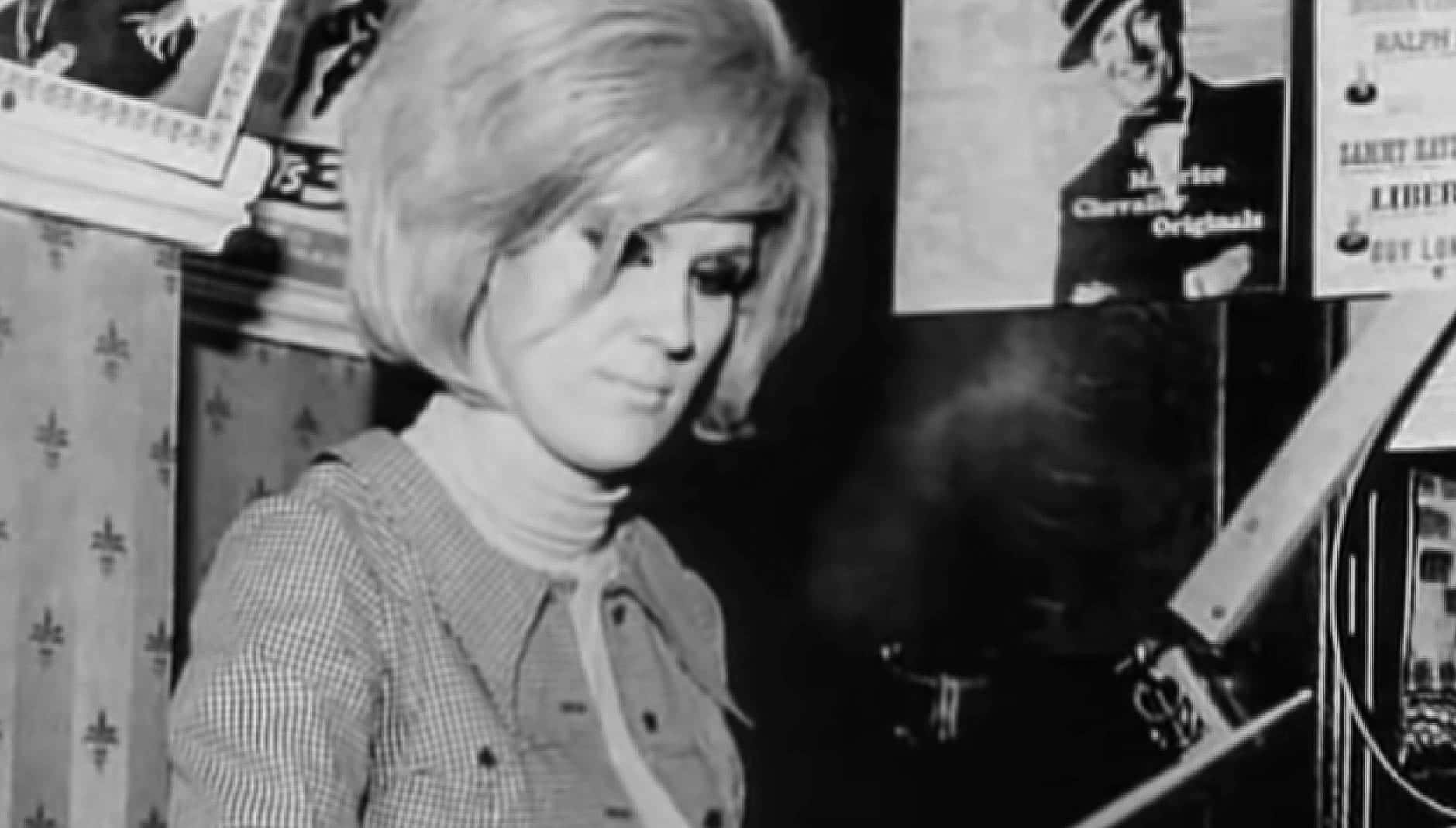 Dusty Springfield - Just Dusty documentary, Darren Carstairs
Dusty Springfield - Just Dusty documentary, Darren Carstairs
34. She Retreated
Recovery was anything but smooth for Springfield. Being in the public eye, she was constantly judged not only for her destructive choices and mental health struggles, but also for her declining prominence in the industry and her sexuality. Not knowing what to do next, she paused her music career and started to live her life as a recluse.
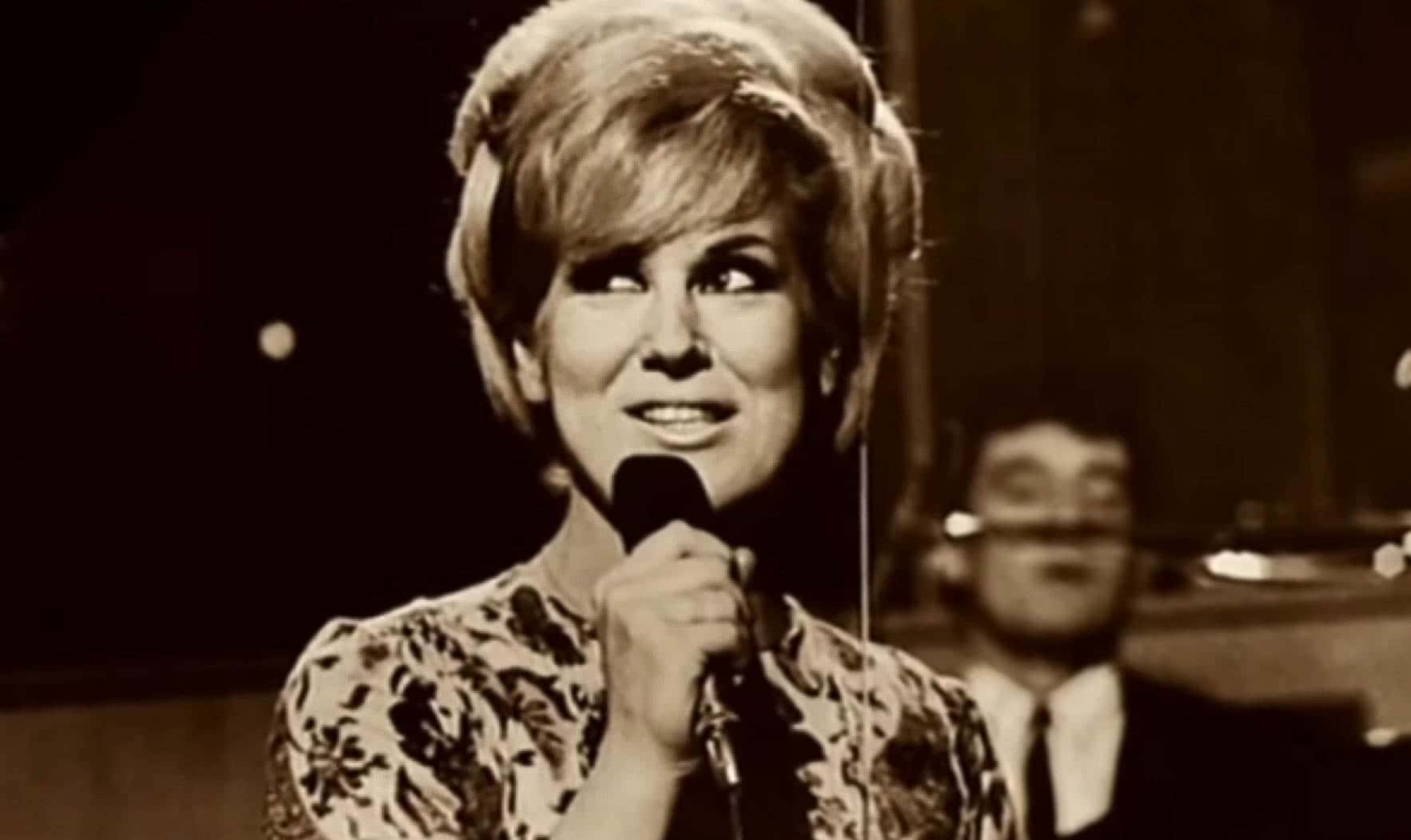 Dusty Springfield - Just Dusty documentary, Darren Carstairs
Dusty Springfield - Just Dusty documentary, Darren Carstairs
35. She Offended Royalty
Dusty Springfield couldn't stay away from the spotlight forever. After finally returning to tour life, Springfield didn’t waste any time before ruffling feathers. During a 1979 performance, she addressed the LGBTQ community in her audience by noting how lovely it was to see a crowd full of royalty before her. Little did she know that actual royalty was at the concert—Princess Margaret.
As one might assume, the wisecrack was not a hit with the Princess.
36. She Signed An Apology
After the outrage with Princess Margaret, Springfield swiftly received a letter of apology from the royal’s team, who asked her to sign it and send it to Margaret. Springfield dutifully obliged—and that was the end of that drama. Or was it? Rumors later swirled that Springfield and the rebellious princess had a clandestine affair.
Whether that was true or not remains unknown; many speculate it was merely just unfounded gossip, which was no stranger to Springfield.
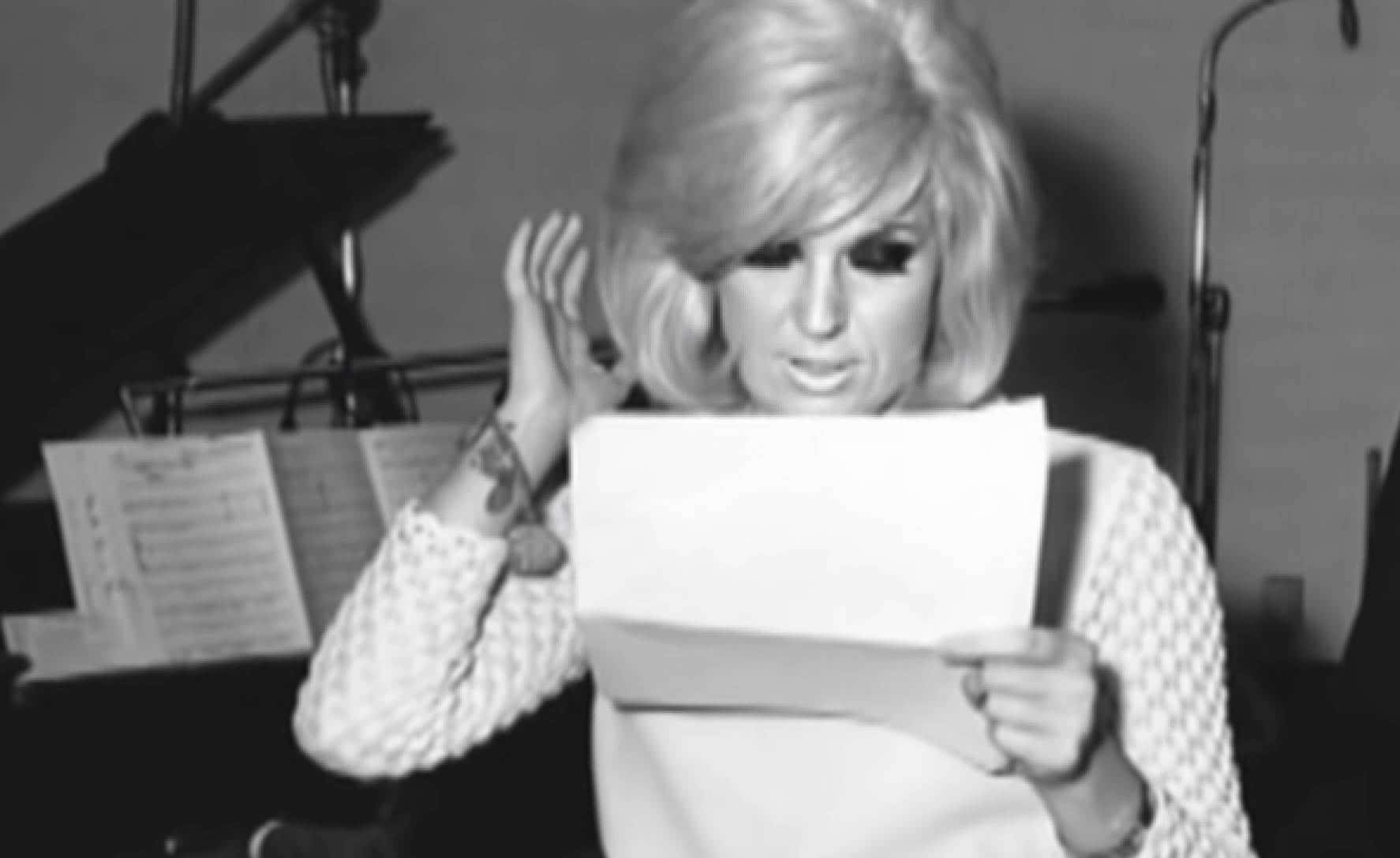 Dusty Springfield - Just Dusty documentary, Darren Carstairs
Dusty Springfield - Just Dusty documentary, Darren Carstairs
37. A Diagnosis Came
Springfield’s mental health struggles continued to result in hospitalizations. Eventually, psychiatrists diagnosed the star with bipolar disorder. With the conversation around mental health not being what it is today, Springfield didn’t slow down to prioritize any sort of "self-care". Quite the contrary—she continued to release records with fading success.
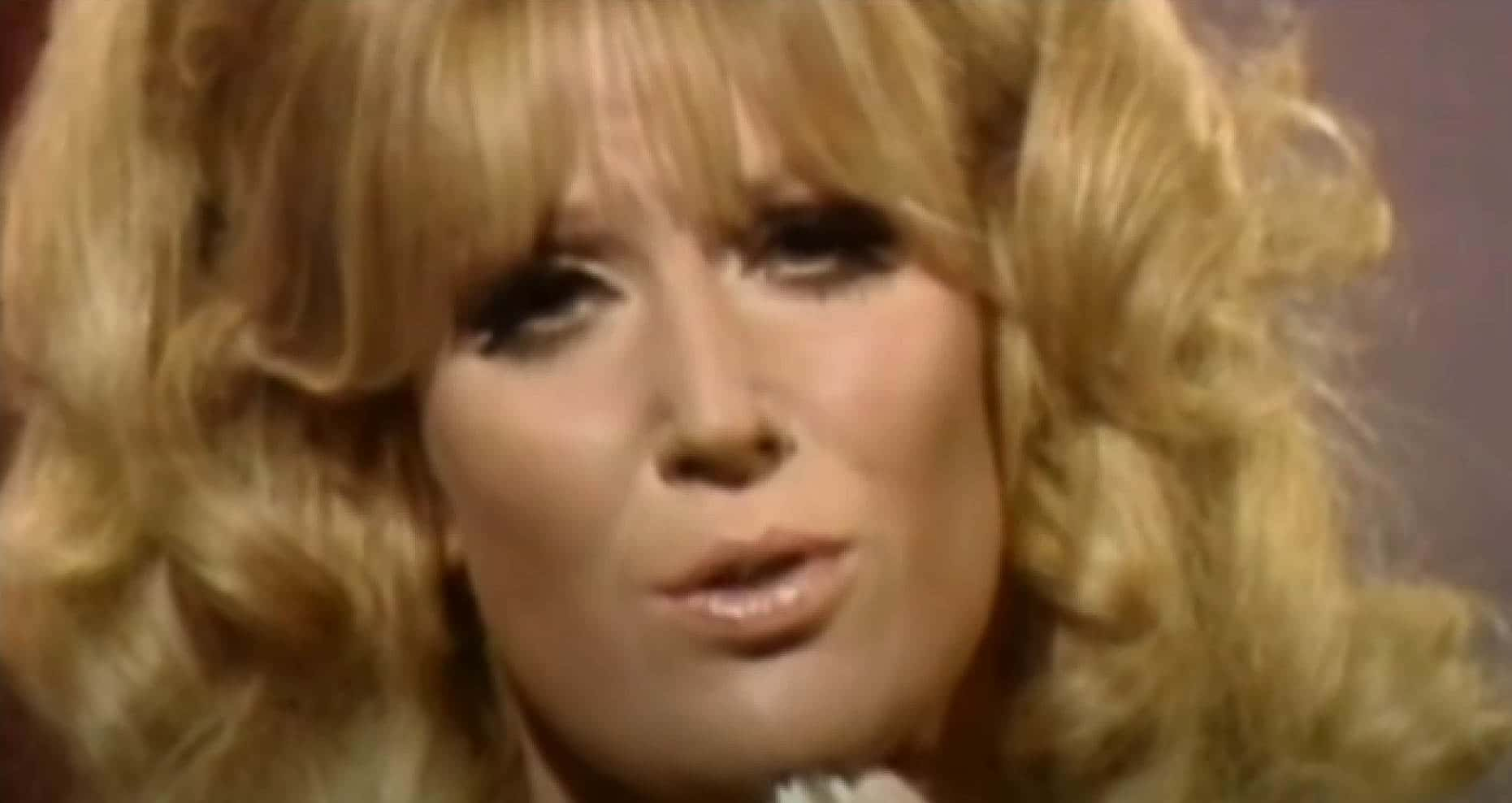 Dusty Springfield - Just Dusty documentary, Darren Carstairs
Dusty Springfield - Just Dusty documentary, Darren Carstairs
38. She Left Her House
After years of hiding away and steering away from the spotlight, Springfield had a new breakthrough on its way. In the late 1980s, the Pet Shop Boys approached her and invited her to collaborate with them. Despite her disintegrating list of musical achievements, the band members really admired her voice.
Although hesitant to put herself back out there at first, Springfield ultimately accepted their offer and released "What Have I Done to Deserve This?" But would listeners respond to this new direction?
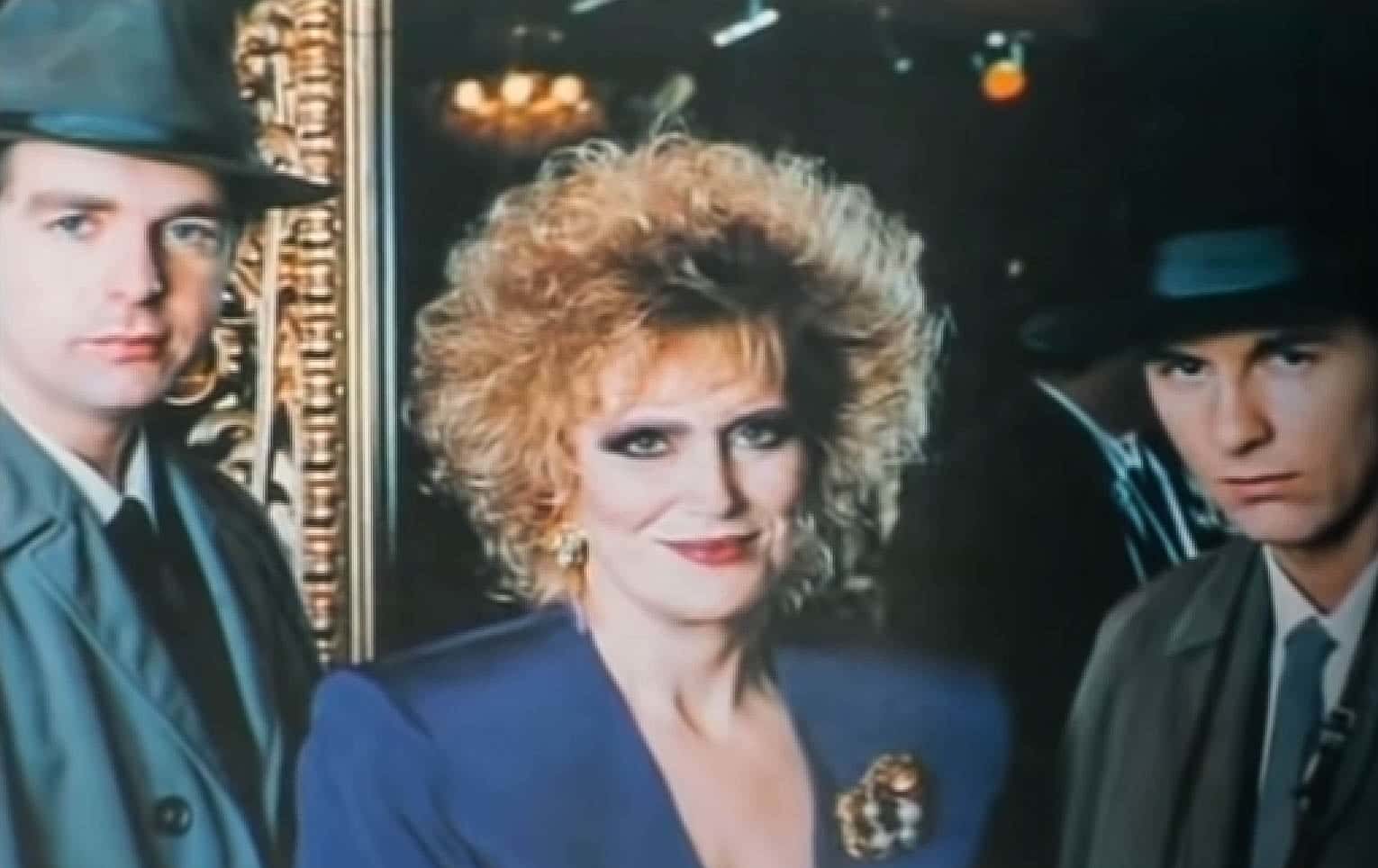 Dusty Springfield - Just Dusty documentary, Darren Carstairs
Dusty Springfield - Just Dusty documentary, Darren Carstairs
39. She Soared High
Springfield’s single with the Pet Shop Boys hit number two on both the UK and US music charts. Just like that, she somehow catapulted back to fame. Her achievements during this period were quite notable, as it had been decades since she had placed so well on any of the charts. By continuing to partner with the group in additional collaborations, she was able to make a strong comeback.
Sadly, though, she was running out of time.
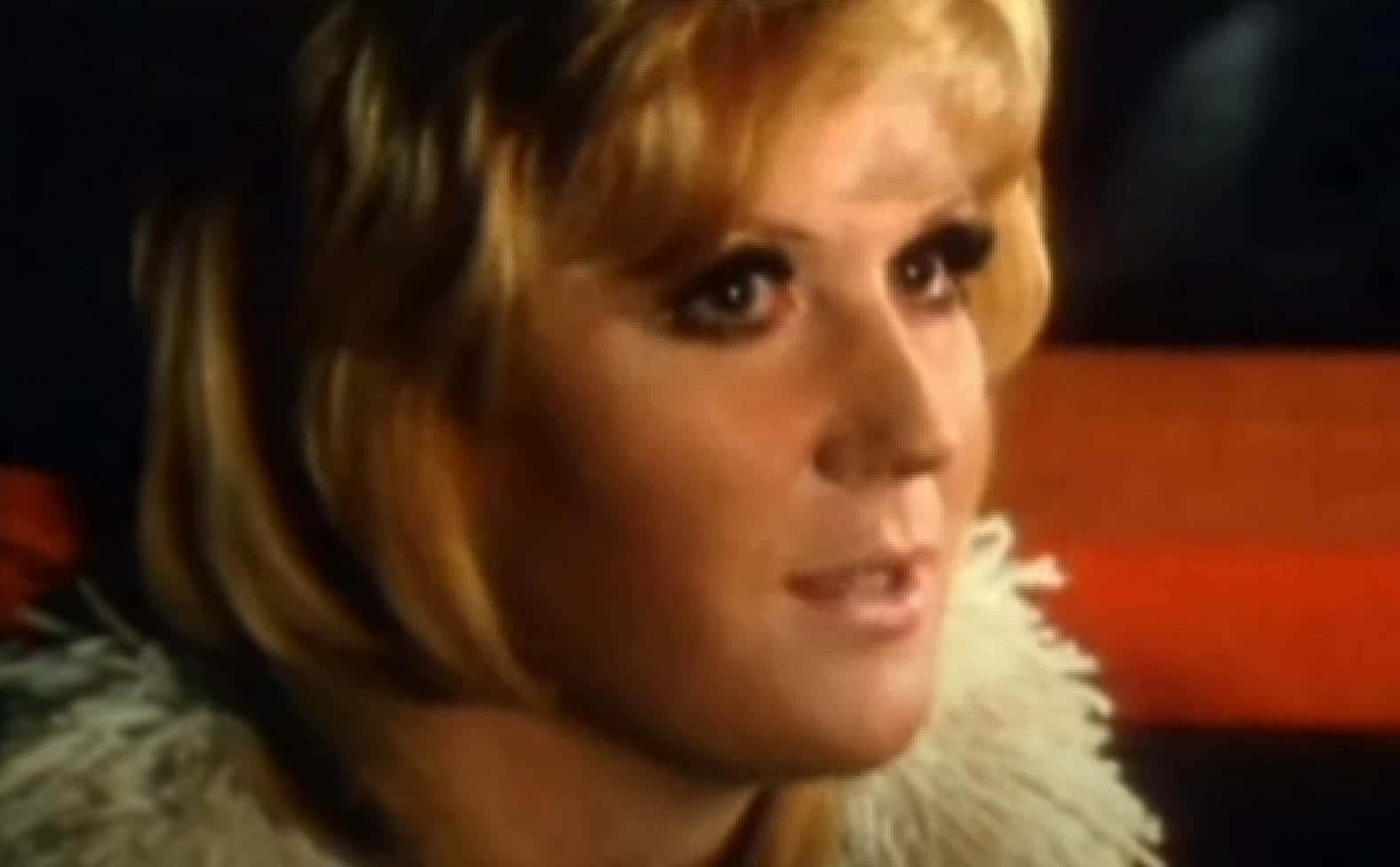 Dusty Springfield - Just Dusty documentary, Darren Carstairs
Dusty Springfield - Just Dusty documentary, Darren Carstairs
40. Her Health Declined
Springfield began feeling unwell in the winter of 1994. She eventually saw a doctor about it—who gave her a devastating diagnosis. She was subsequently diagnosed with cancer in England just a few months after noticing symptoms. Springfield underwent rounds of both chemotherapy and radiation for several months and thankfully, her disease went into remission.
With her physical health and spirits lifted, she turned her attention back to her music.
 Dusty Springfield - Just Dusty documentary, Darren Carstairs
Dusty Springfield - Just Dusty documentary, Darren Carstairs
41. An Honor From Buckingham Palace
Springfield’s path to recovery was short-lived. By 1999, the cancer returned, and Springfield had to enter the hospital again. Thankfully, there was some good news. Around the same time as her hospitalization, she accepted the Order of the British Empire—an award doled out to icons who contributed greatly to popular music. Breaking with tradition, she obtained the medal months earlier than usual and was presented with it while in the hospital.
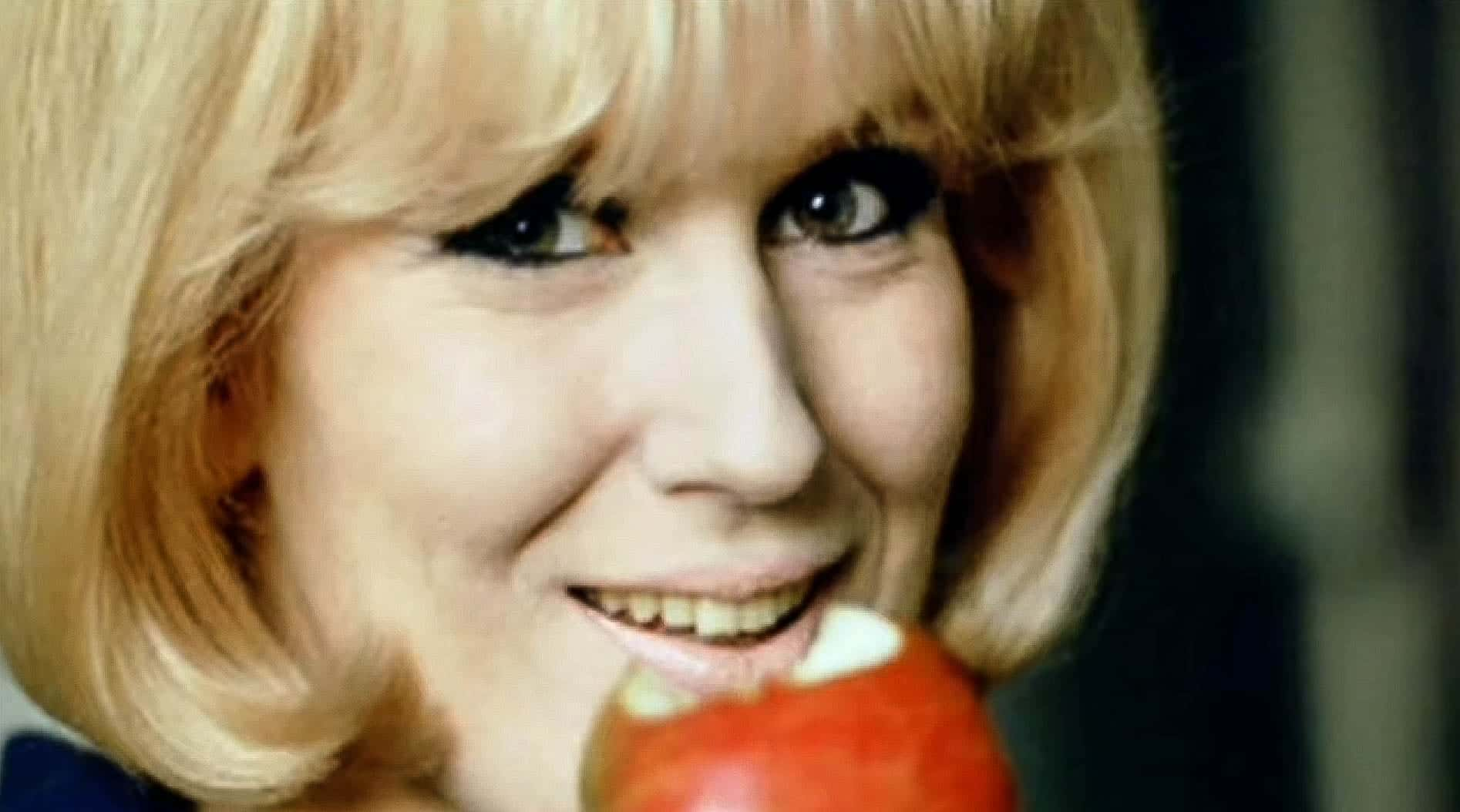 Dusty Springfield - Just Dusty documentary, Darren Carstairs
Dusty Springfield - Just Dusty documentary, Darren Carstairs
42. She Didn't Make It To 60
Just over a month before her 60th birthday, Springfield lost her battle with cancer and passed away on March 2, 1999, in Henley-on-Thames, Oxfordshire. This is also where her family scattered some of her ashes, in accordance with her wishes.
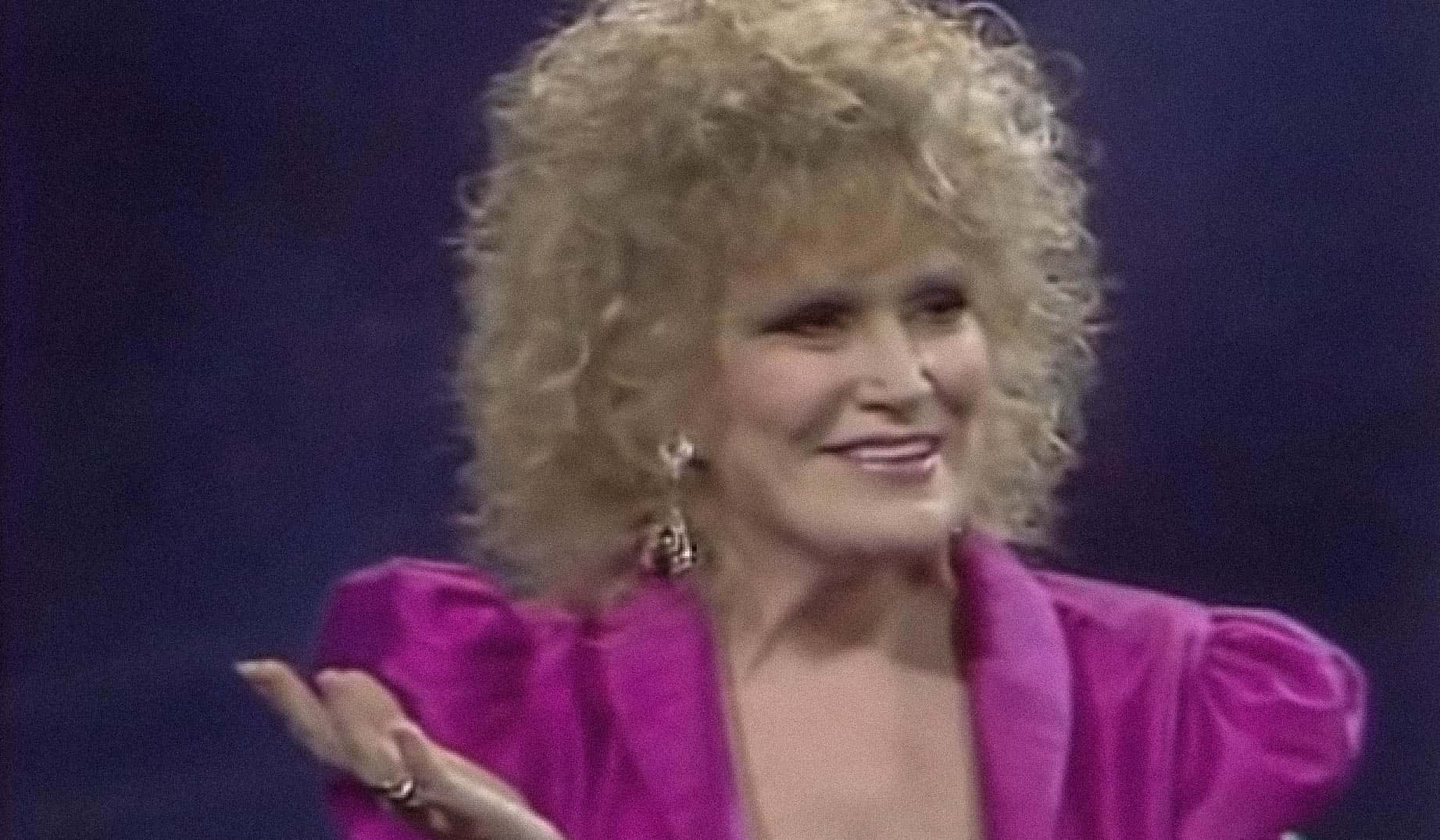 Dusty Springfield - Just Dusty documentary, Darren Carstairs
Dusty Springfield - Just Dusty documentary, Darren Carstairs
43. She Made It To The Hall
Having made her mark in the music industry, another huge honor was on its way for Springfield. Just two weeks after succumbing to cancer, she was inducted into the infamous Rock and Roll Hall of Fame. Elton John performed part of the ceremony and praised her for her uniqueness in music.
44. She Had A Revival
Before her end, Springfield got one last spark of fame, all thanks to Quentin Tarantino. Tarantino featured her song "Son of a Preacher Man" in Pulp Fiction, released not too long before her passing. This led to a surge of interest in her work, eventually driving the song to platinum status—something that none of her songs accomplished during her career.
45. She Remains Iconic
Springfield's mark on the industry has certainly persisted. In addition to being heralded the "Best International Vocalist" of 1966, she was also awarded the Grammy Hall of Fame award in 2001. Later, in 2015, the LGBTQ community also made it known how they felt about Springfield by listing her among the list of Top LGBT Icons. And of course—the pentacle of all music honors—Rolling Stone listed her Dusty in Memphis album as one of the "greatest albums of all time".
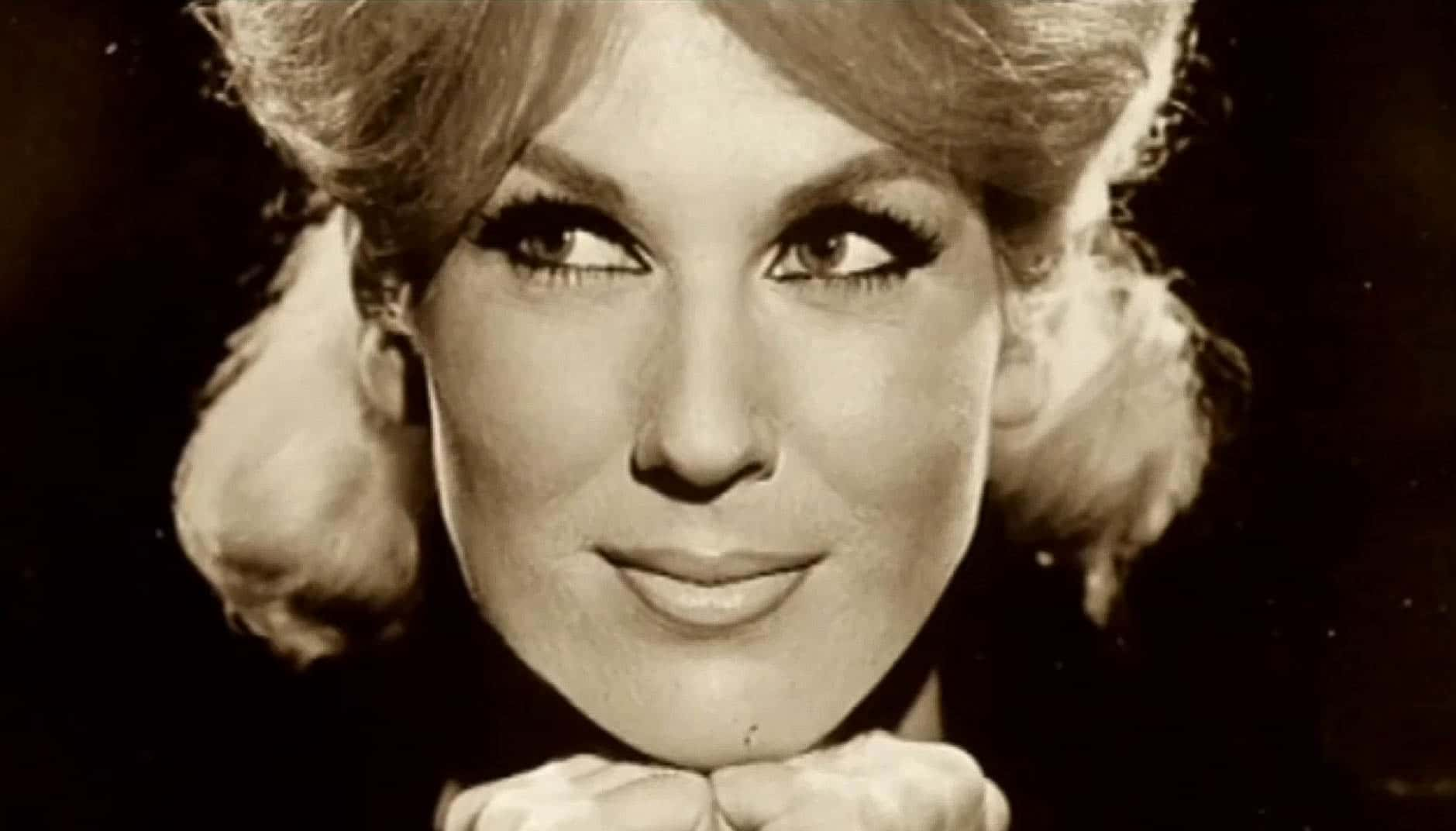 Dusty Springfield - Just Dusty documentary, Darren Carstairs
Dusty Springfield - Just Dusty documentary, Darren Carstairs
46. She Found Toxic Love
In 1966, Springfield met American singer Norma Tanega. Sparks flew and they started a romantic relationship, but this was no pristine love story. The couple fought just as hard as they loved; Tanega frequently alleged that Springfield was violent and intended to commit harm during their most heated arguments. This fiery pair saw many ups and downs—but as the media reported, mostly downs.
 The Life and Tragic Ending of Norma Tanega, Hollywood Stars Update
The Life and Tragic Ending of Norma Tanega, Hollywood Stars Update
47. She Cheated
Springfield’s disdain for labels may have had a dark side to it. Complicating her stormy relationship with Tanega further, she cheated on her partner many times. Making matters worse, all of these side relationships were just as destructive as her relationship with Tanega.
 Dusty Springfield - Just Dusty documentary, Darren Carstairs
Dusty Springfield - Just Dusty documentary, Darren Carstairs
48. There Was Serious Drama
During one of her sordid affairs, a lover shoved Springfield into a hotel fountain. That was just the tip of the iceberg. On another occasion, she partied so hard with one of her flings that she lost her voice and couldn't perform afterward. And of course, her team certainly could never forget the time that Springfield chucked a TV at a lover—or vice versa—sending the device careening into a hotel swimming pool.
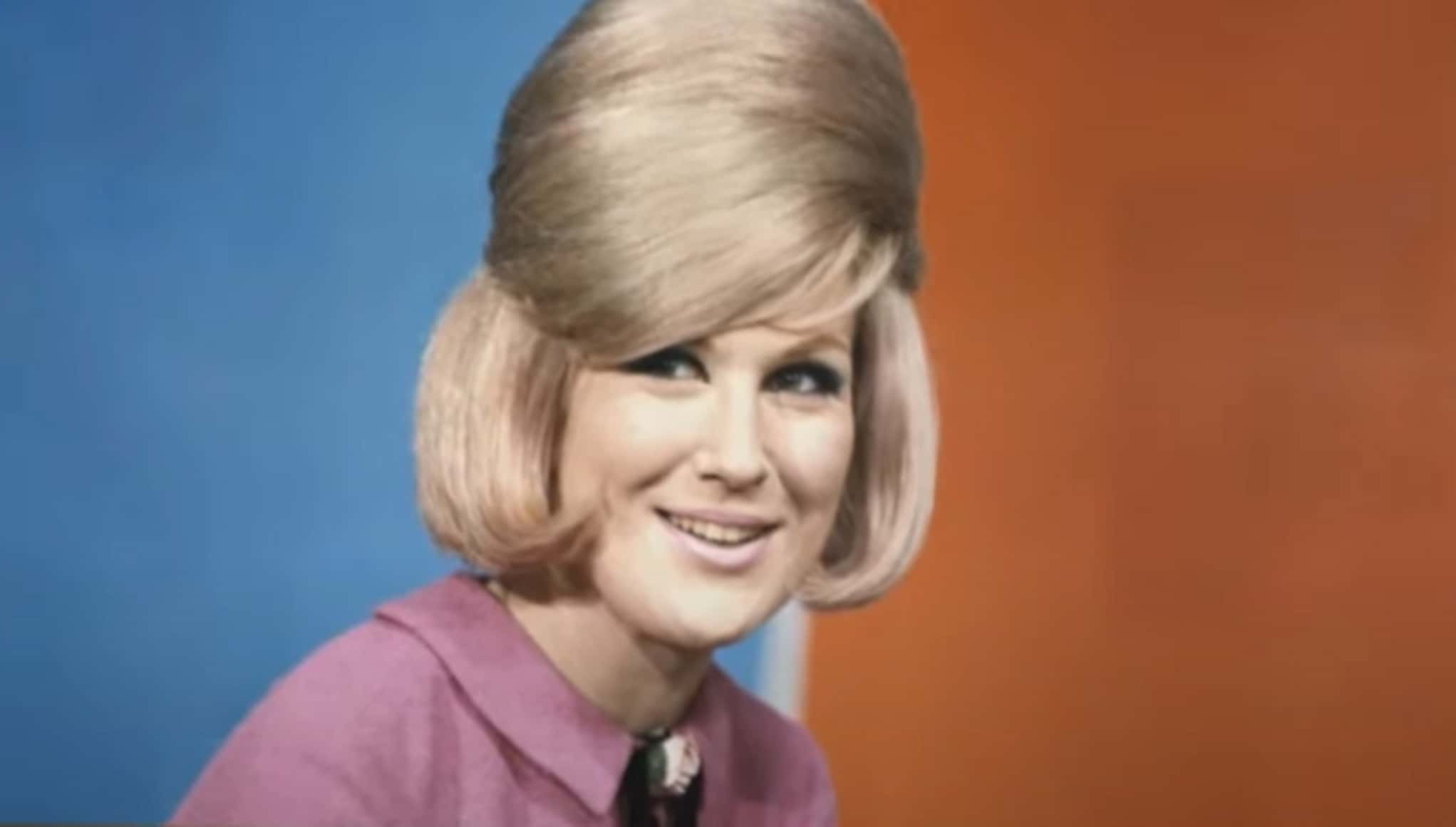 Dusty Springfield - Short Biography (Life Story), Short Biographies
Dusty Springfield - Short Biography (Life Story), Short Biographies
49. She Tried To Get Help
Due to continued struggles with substance use, Springfield eventually began going to Alcoholics Anonymous meetings. There, she met actress Teda Bracci and once again, sparks flew. The couple subsequently moved in together a year after meeting in 1983. Seven months after that, they had a civil ceremony unrecognized by state law.
It looked like Springfield had finally found peace—but that façade was about to shatter.
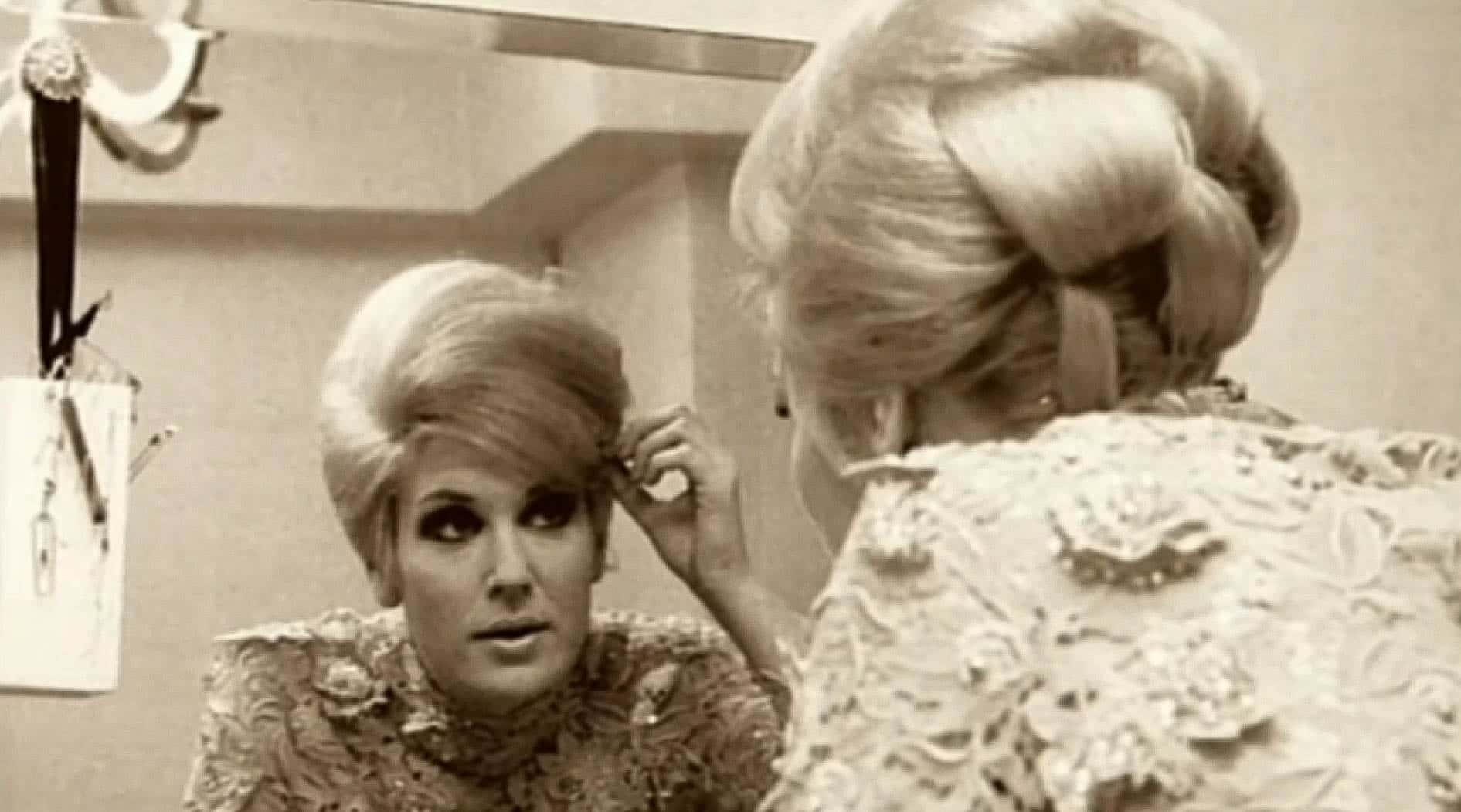 Dusty Springfield - Just Dusty documentary, Darren Carstairs
Dusty Springfield - Just Dusty documentary, Darren Carstairs
50. Love Hurt Her
Like in past relationships, Springfield’s union with Bracci was quite a thunderous one. The two fought—hard. On one occasion, Bracci hurled a saucepan at Springfield, knocking out a number of teeth. In order to remedy the damage of this stormy love, Springfield had to book an appointment with a plastic surgeon! It may come as little surprise that the pair split up shortly thereafter.
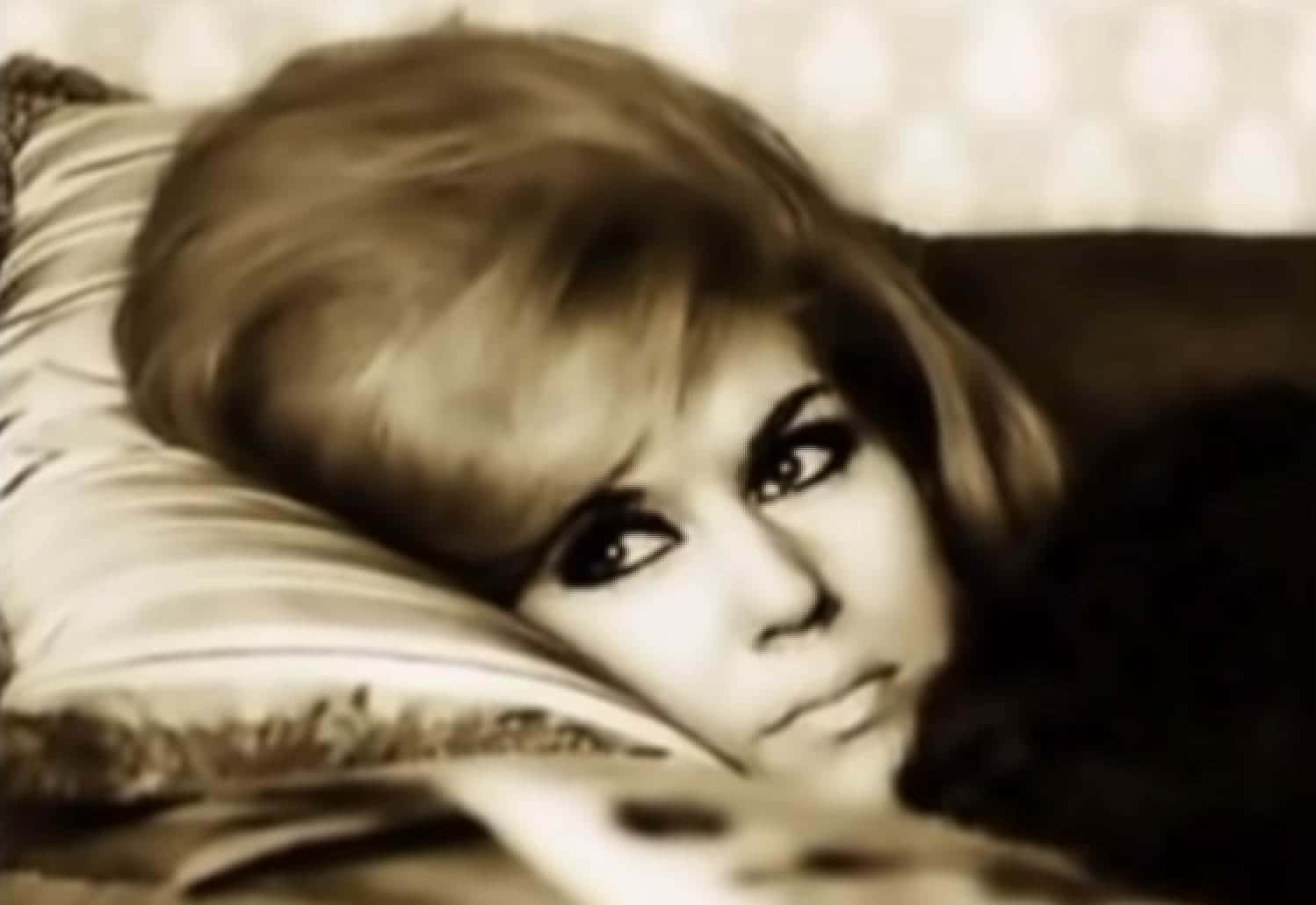 Dusty Springfield - Just Dusty documentary, Darren Carstairs
Dusty Springfield - Just Dusty documentary, Darren Carstairs



